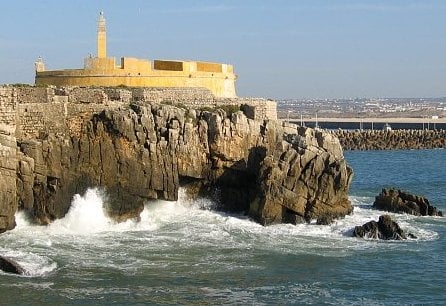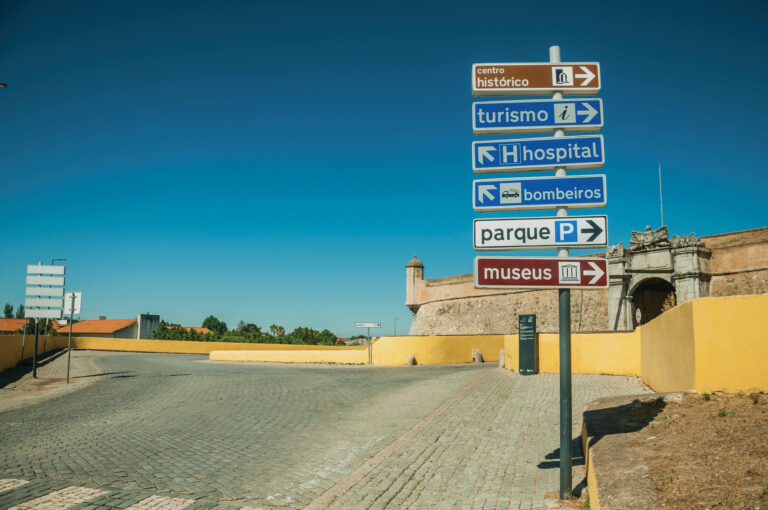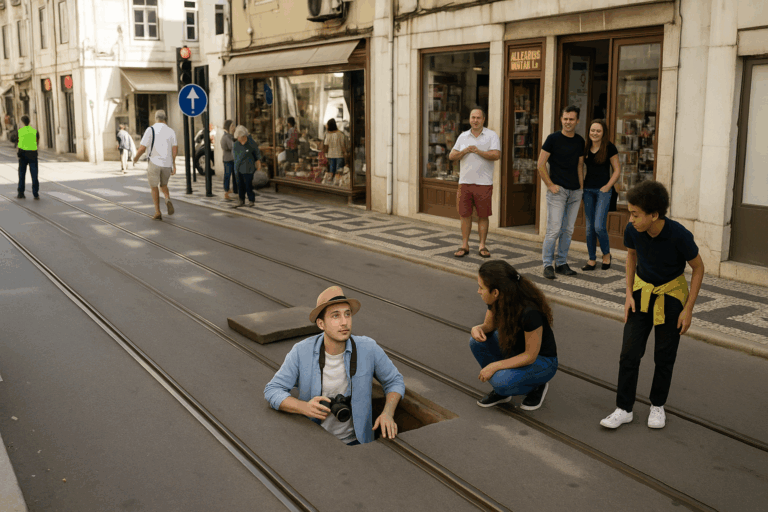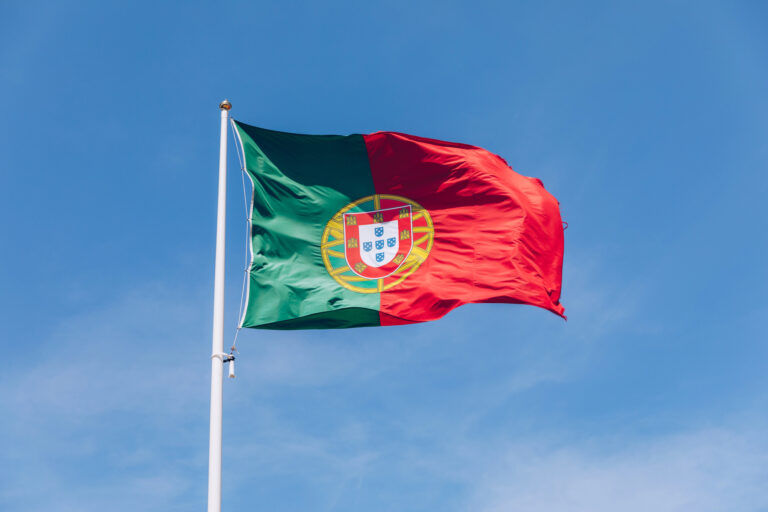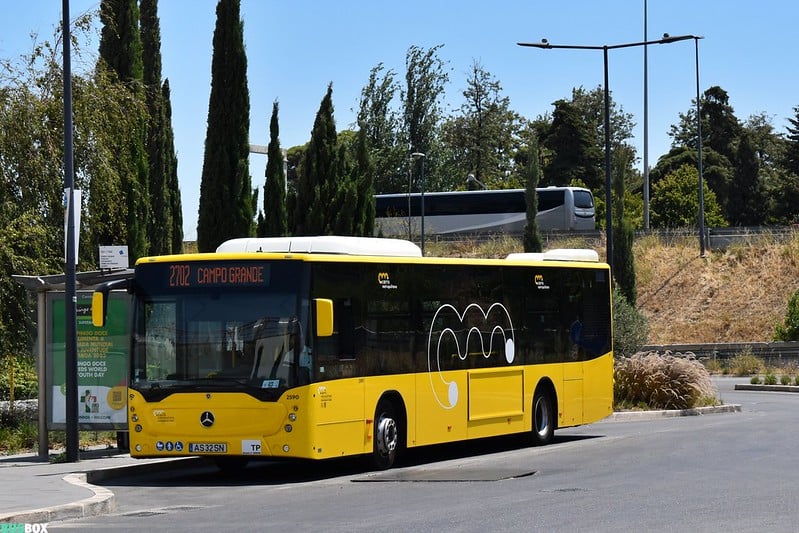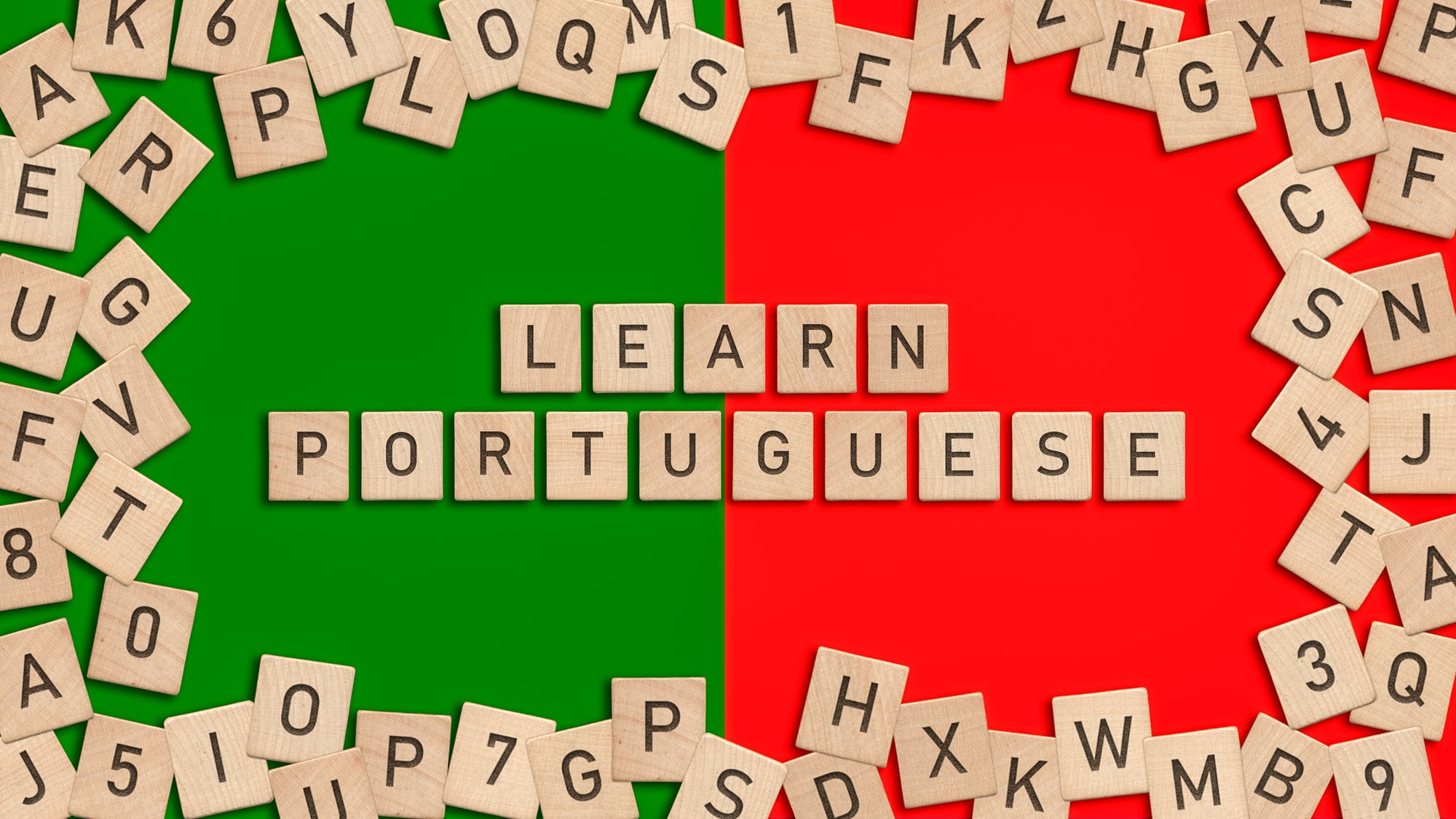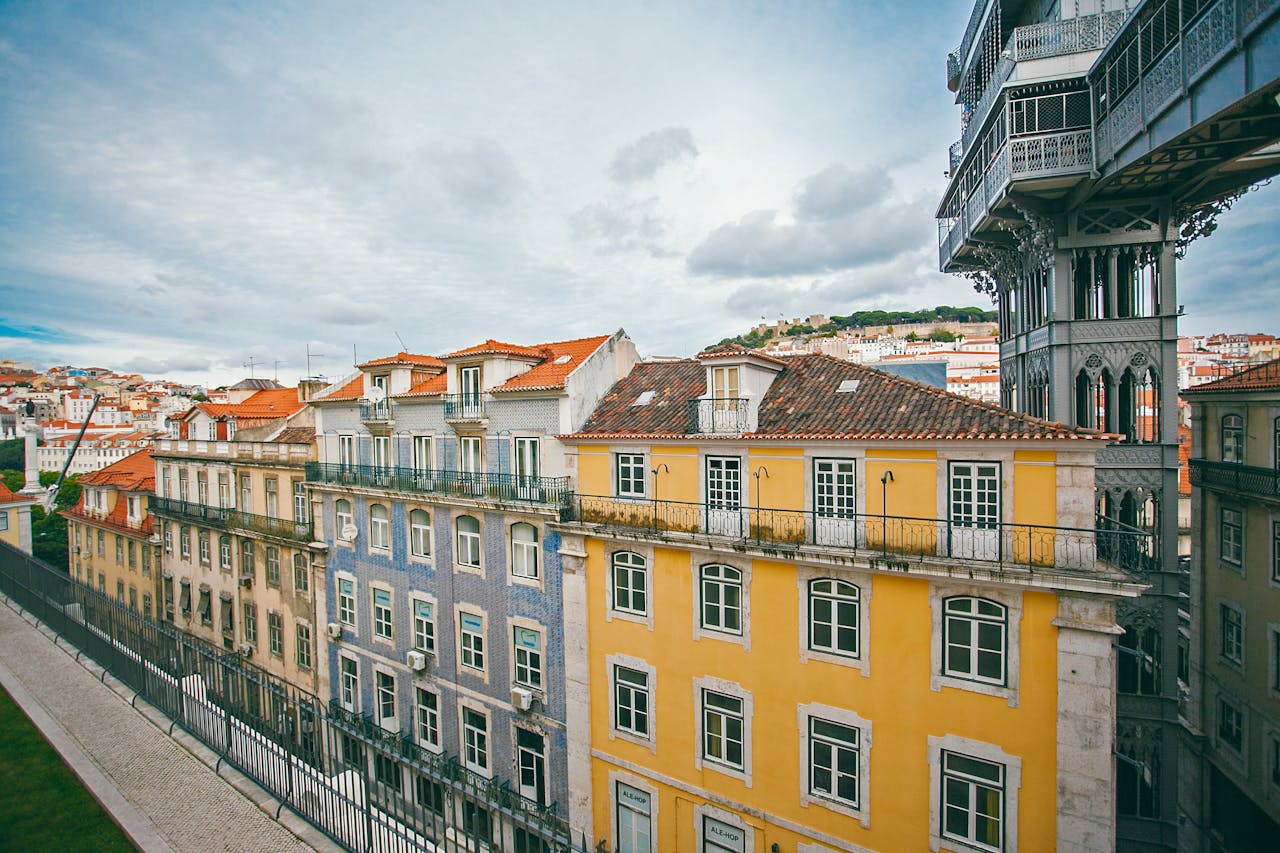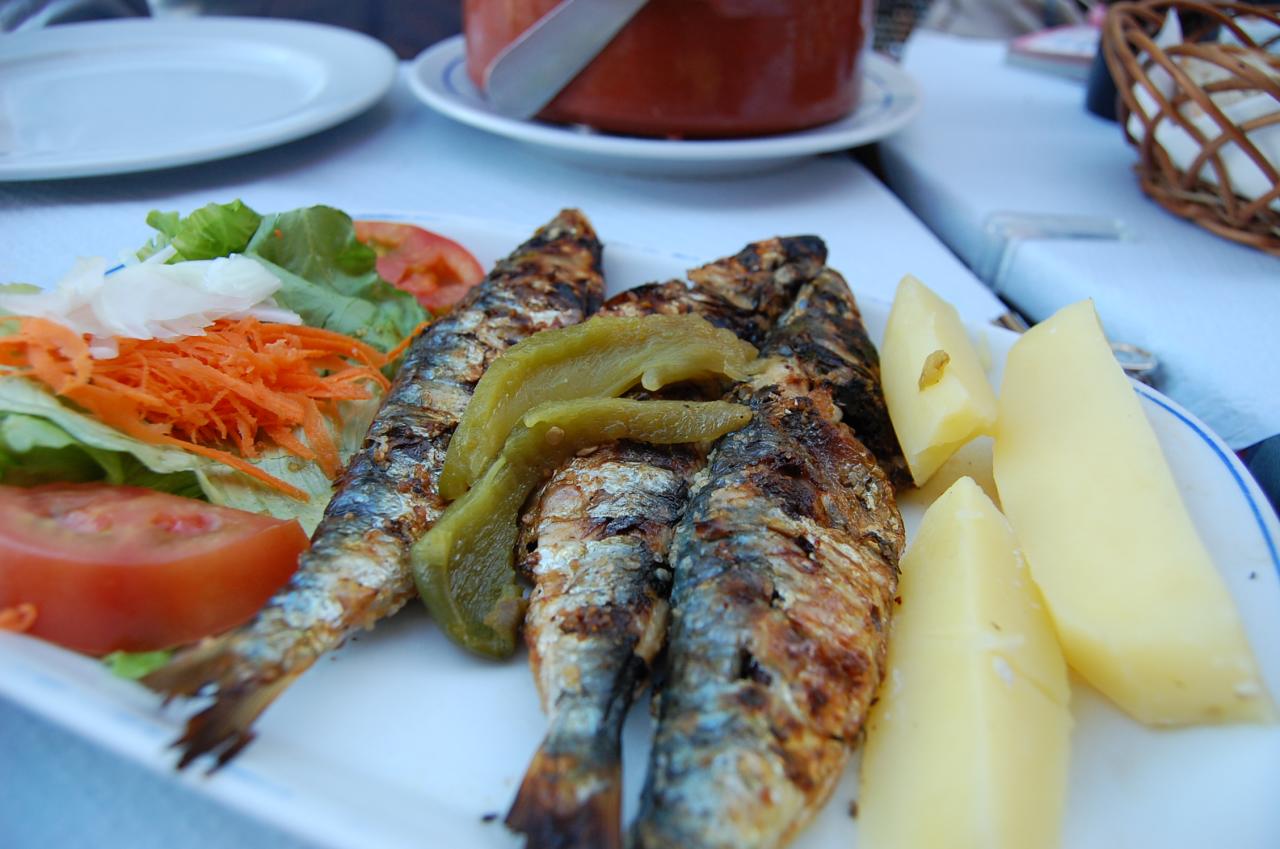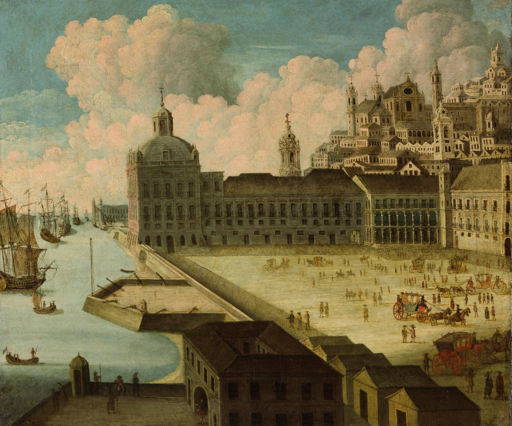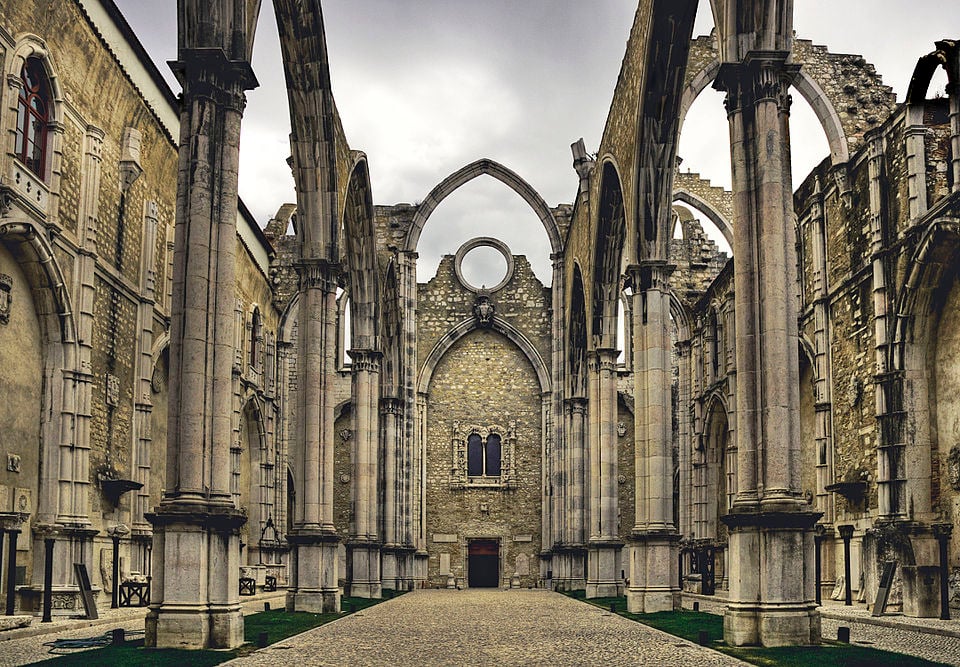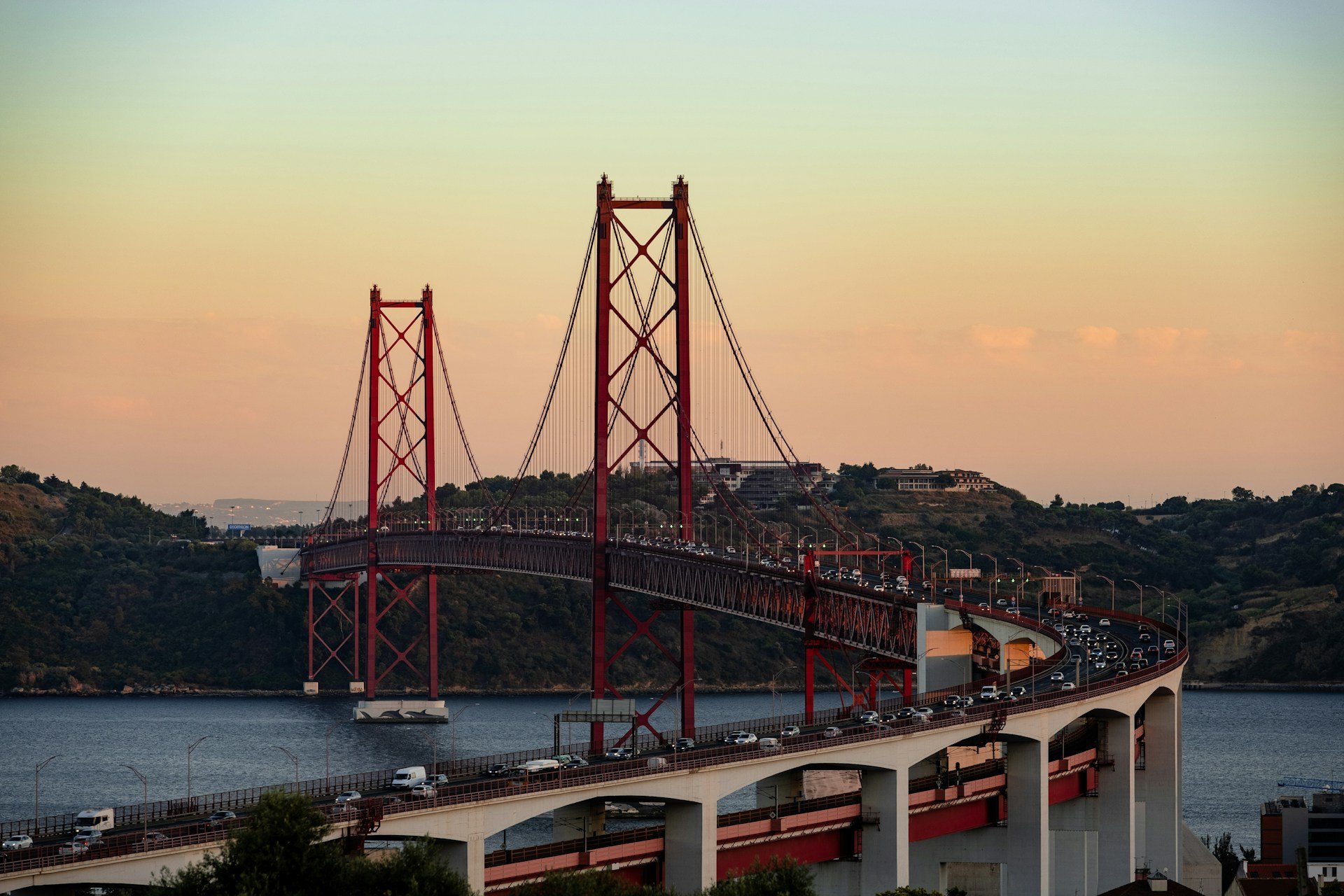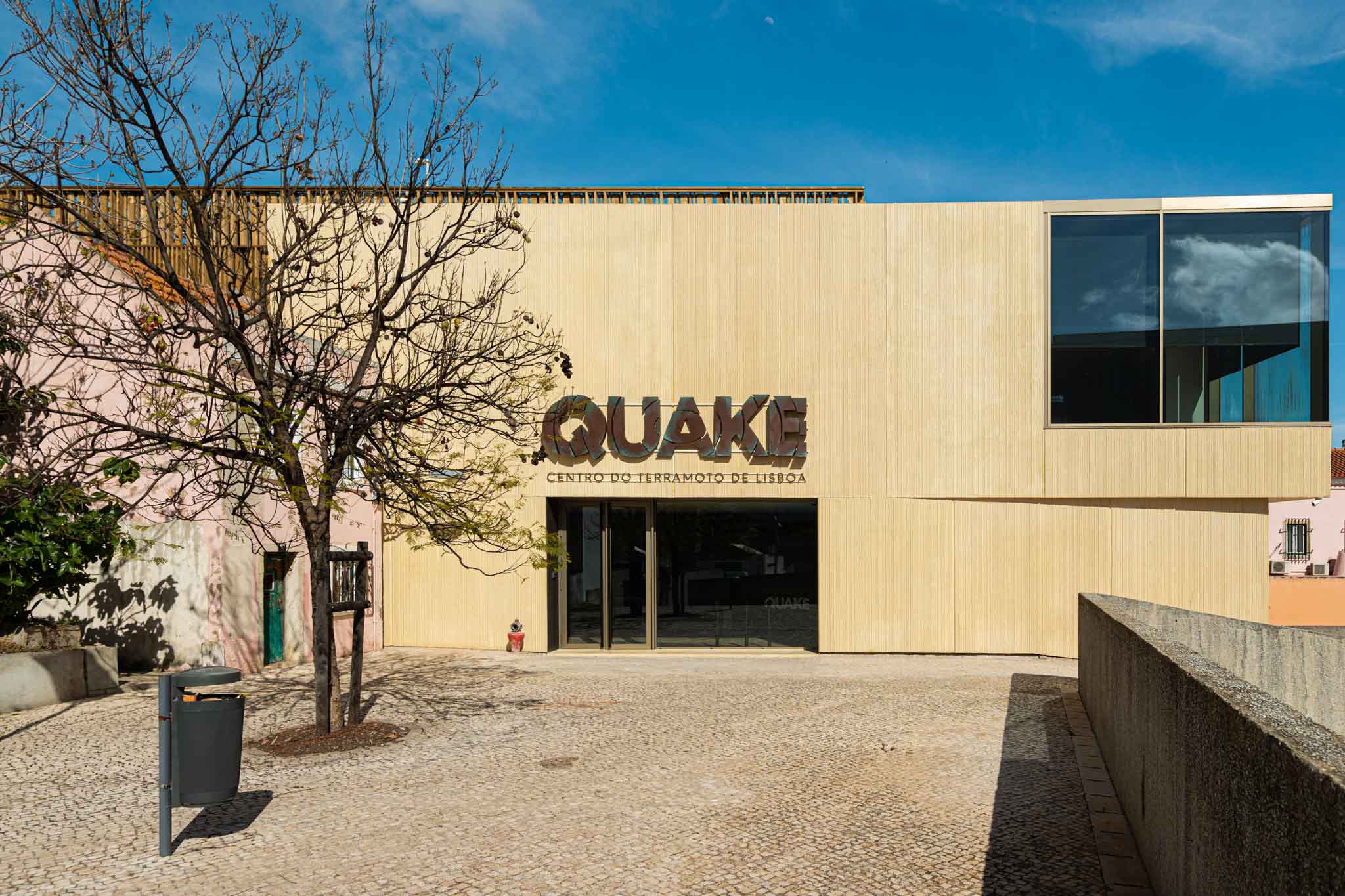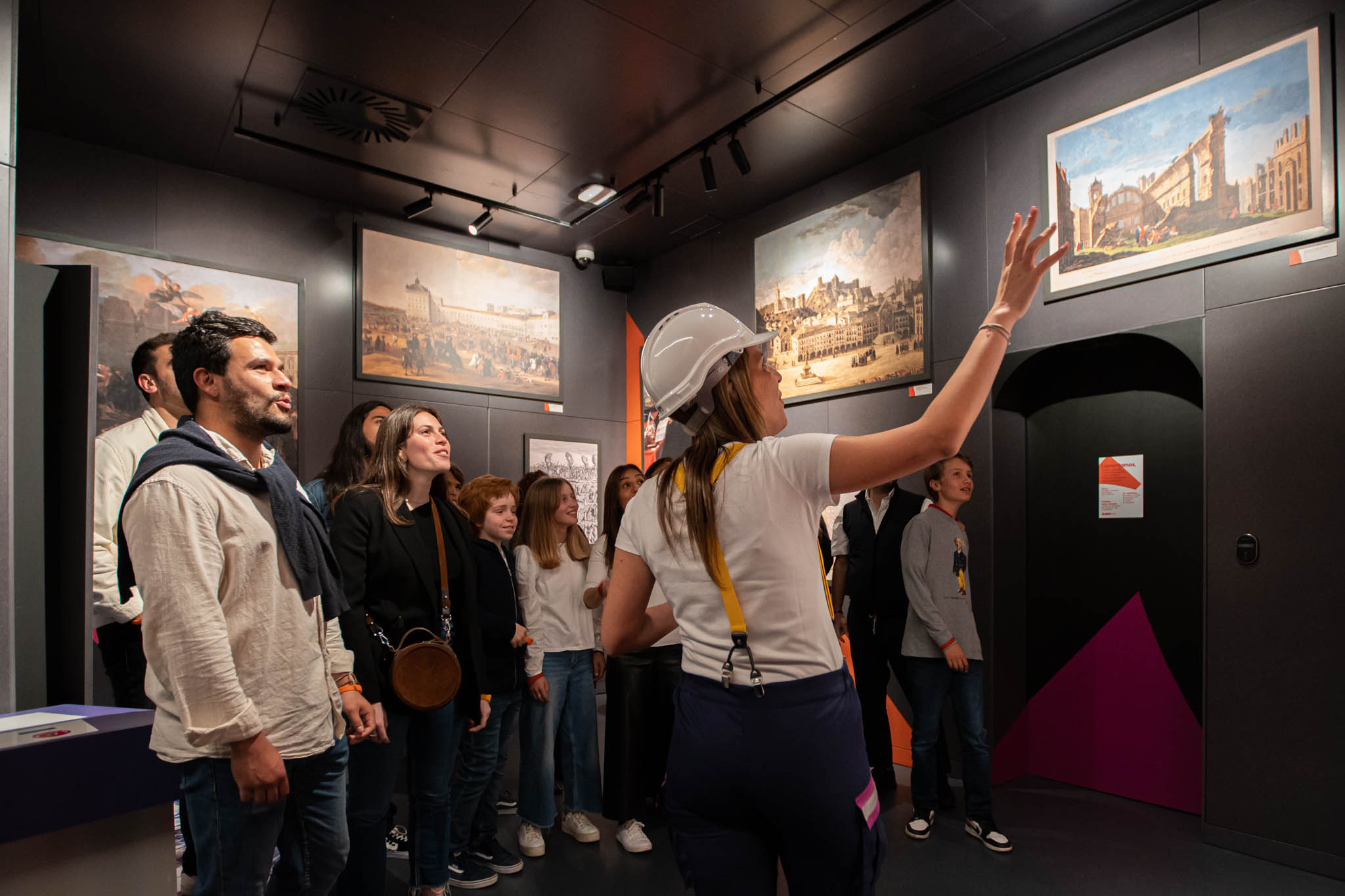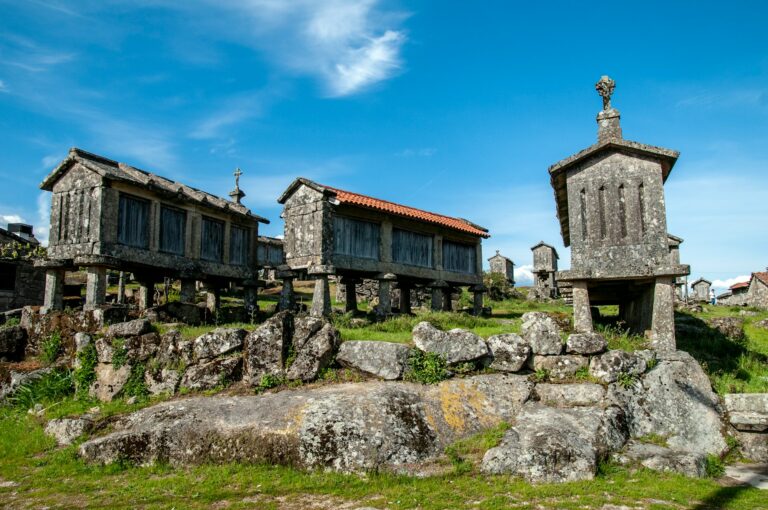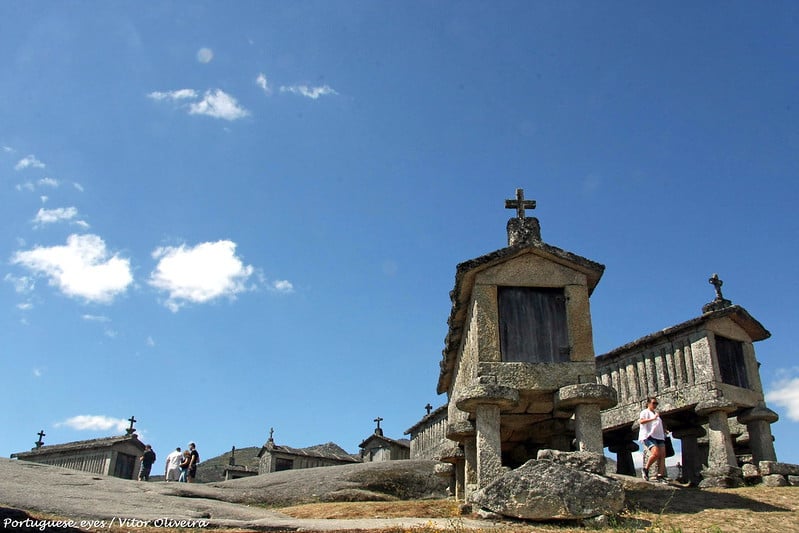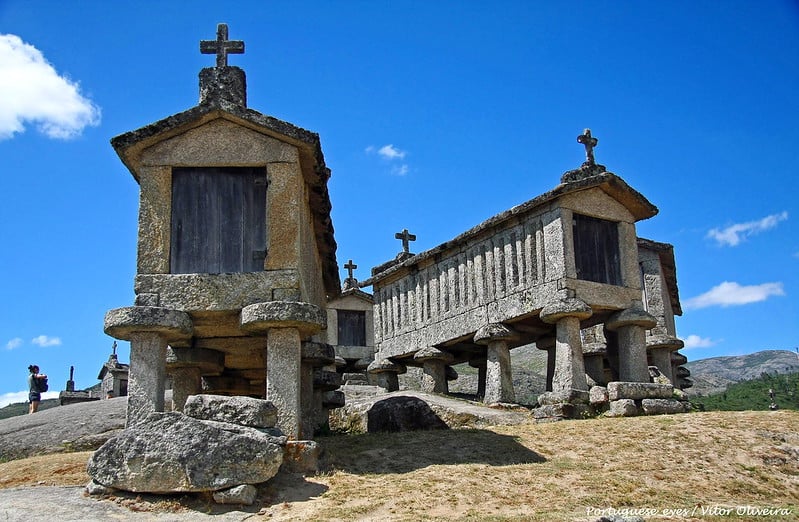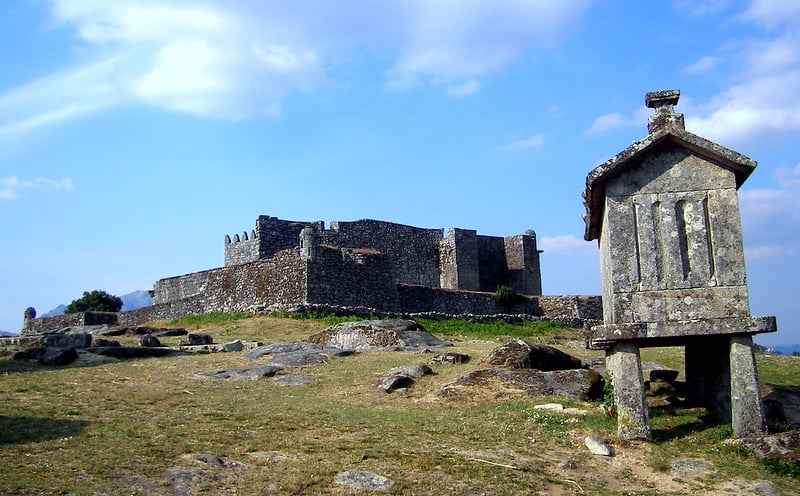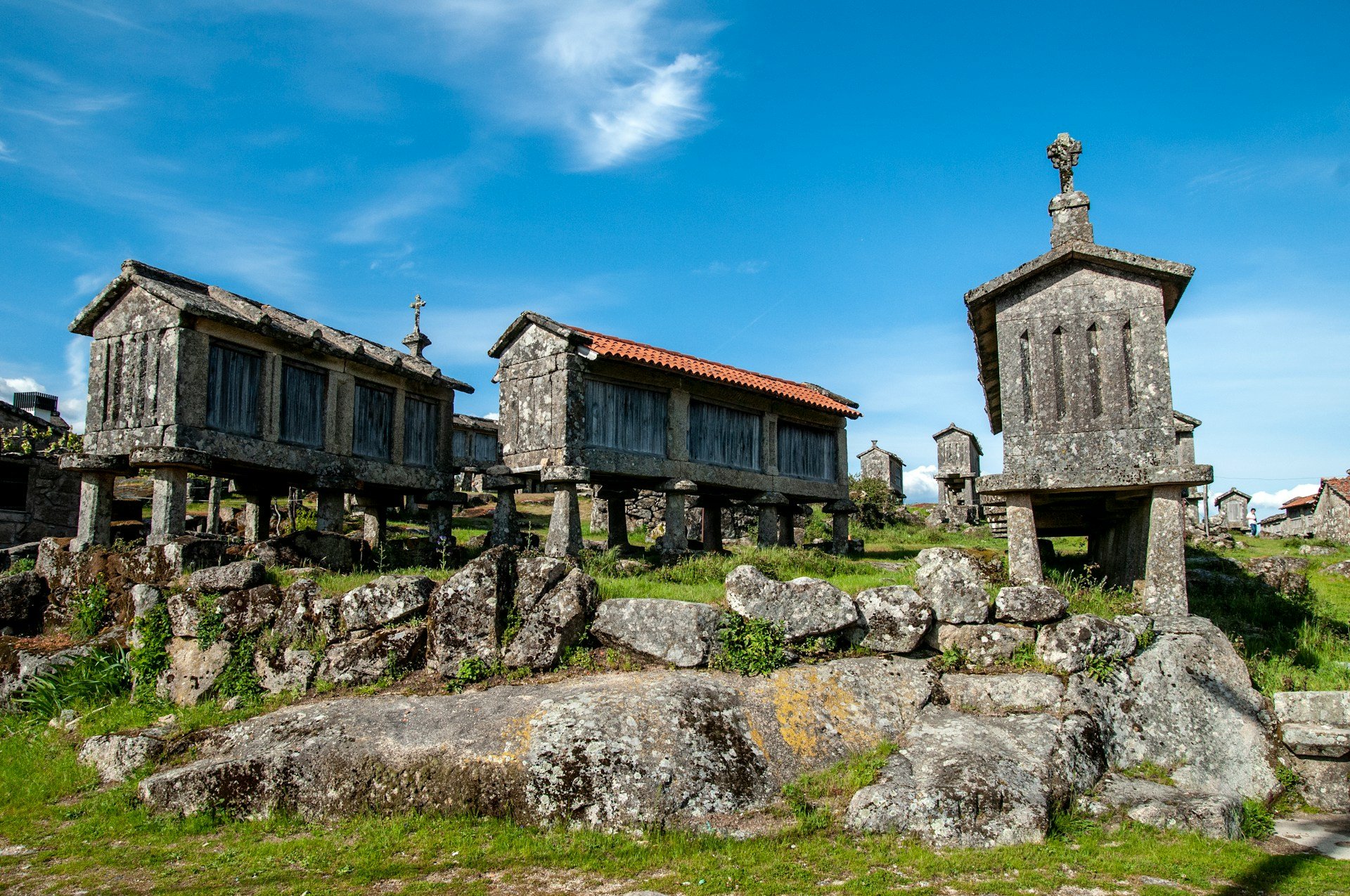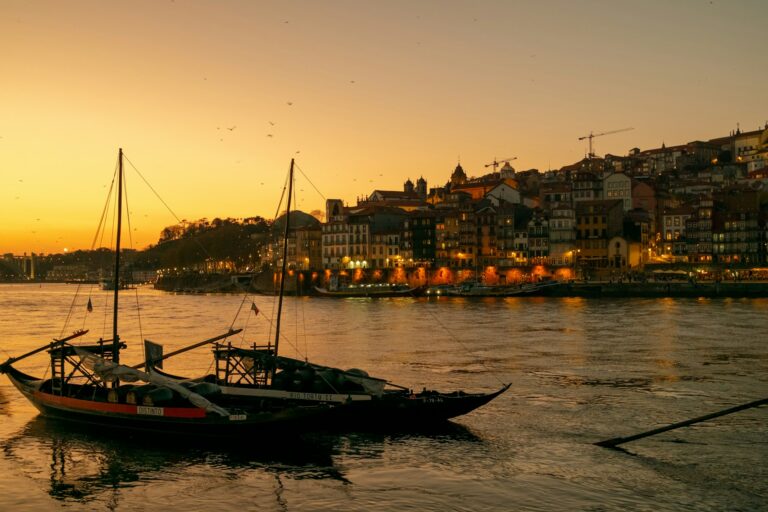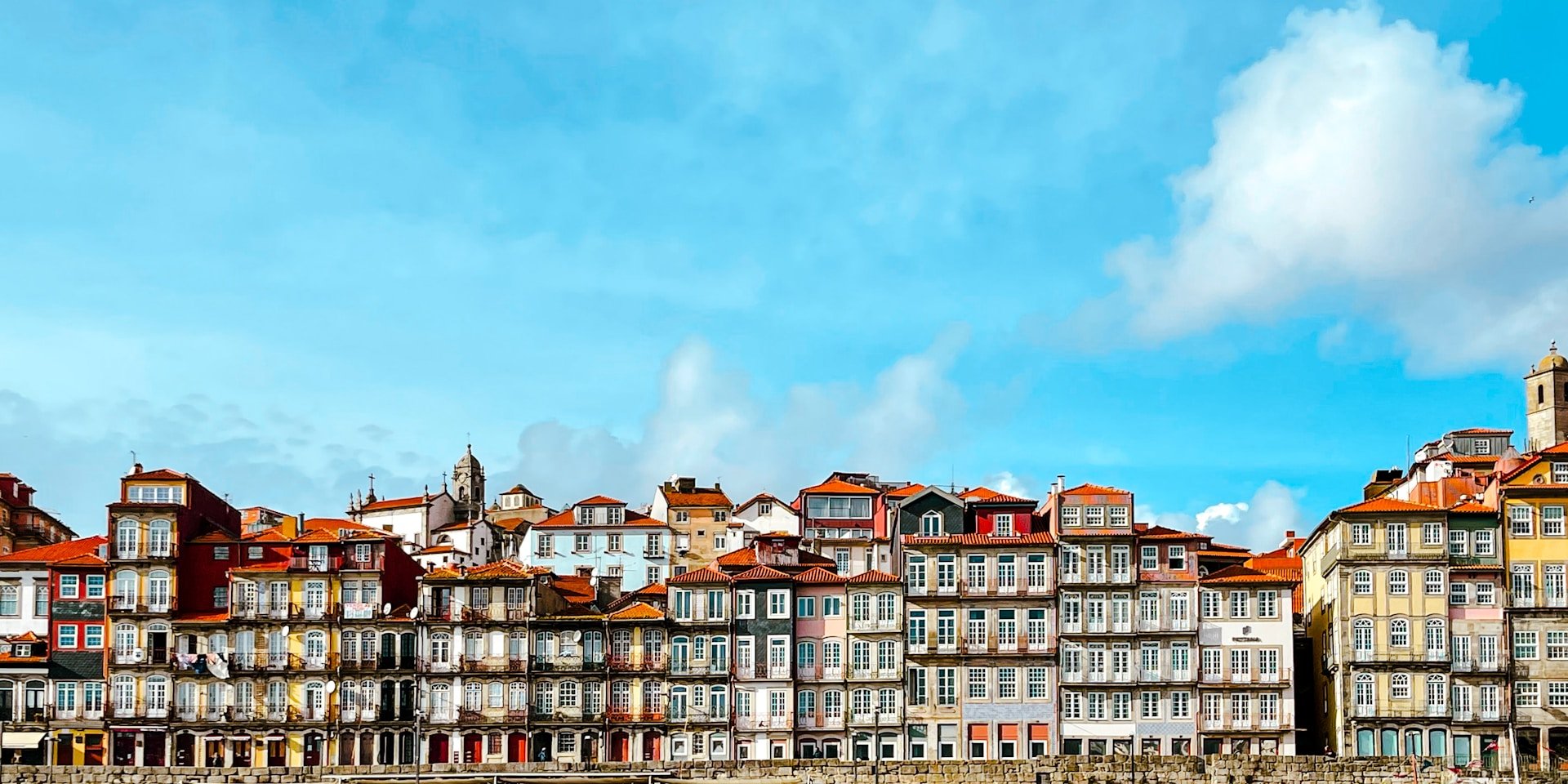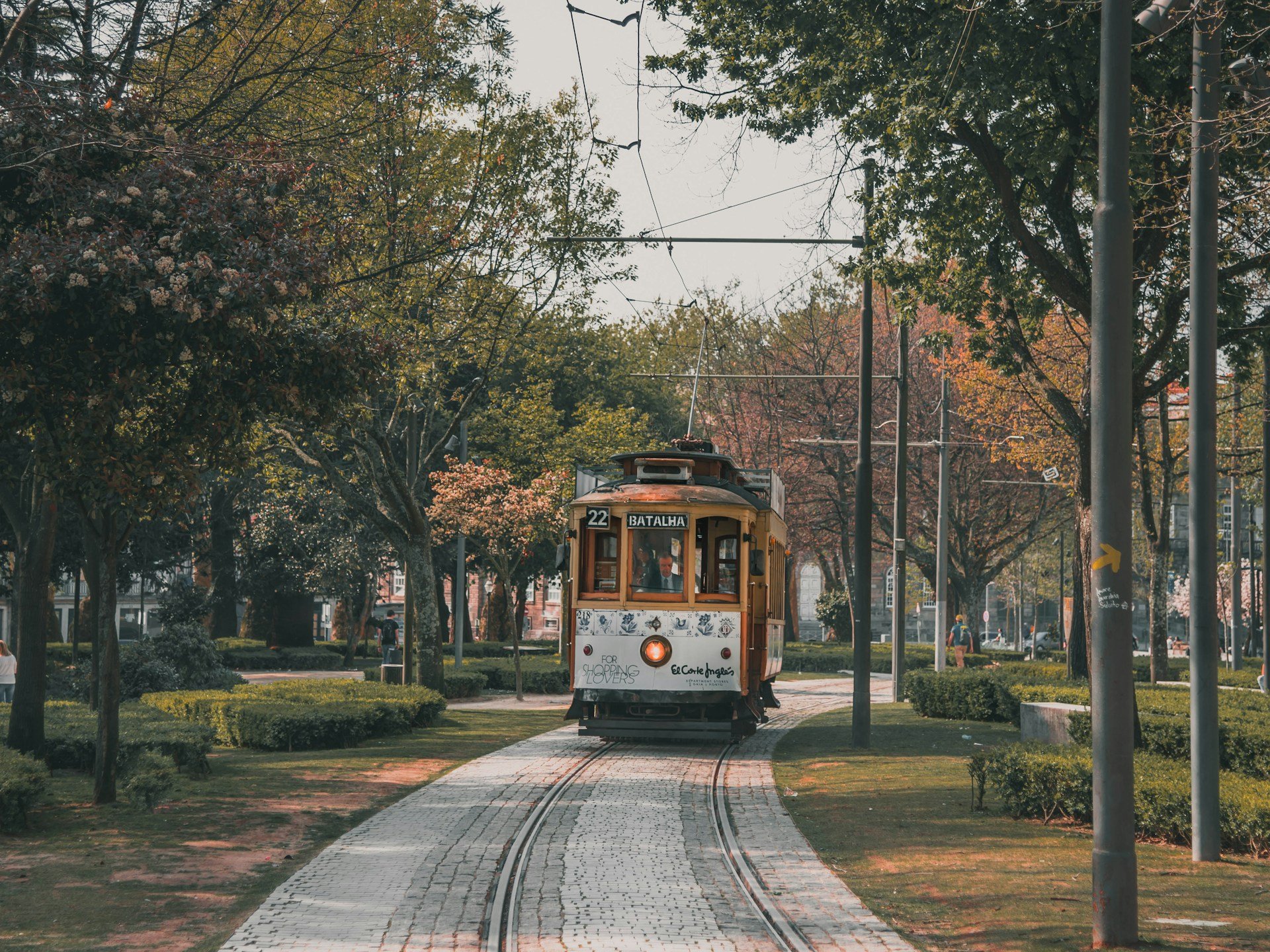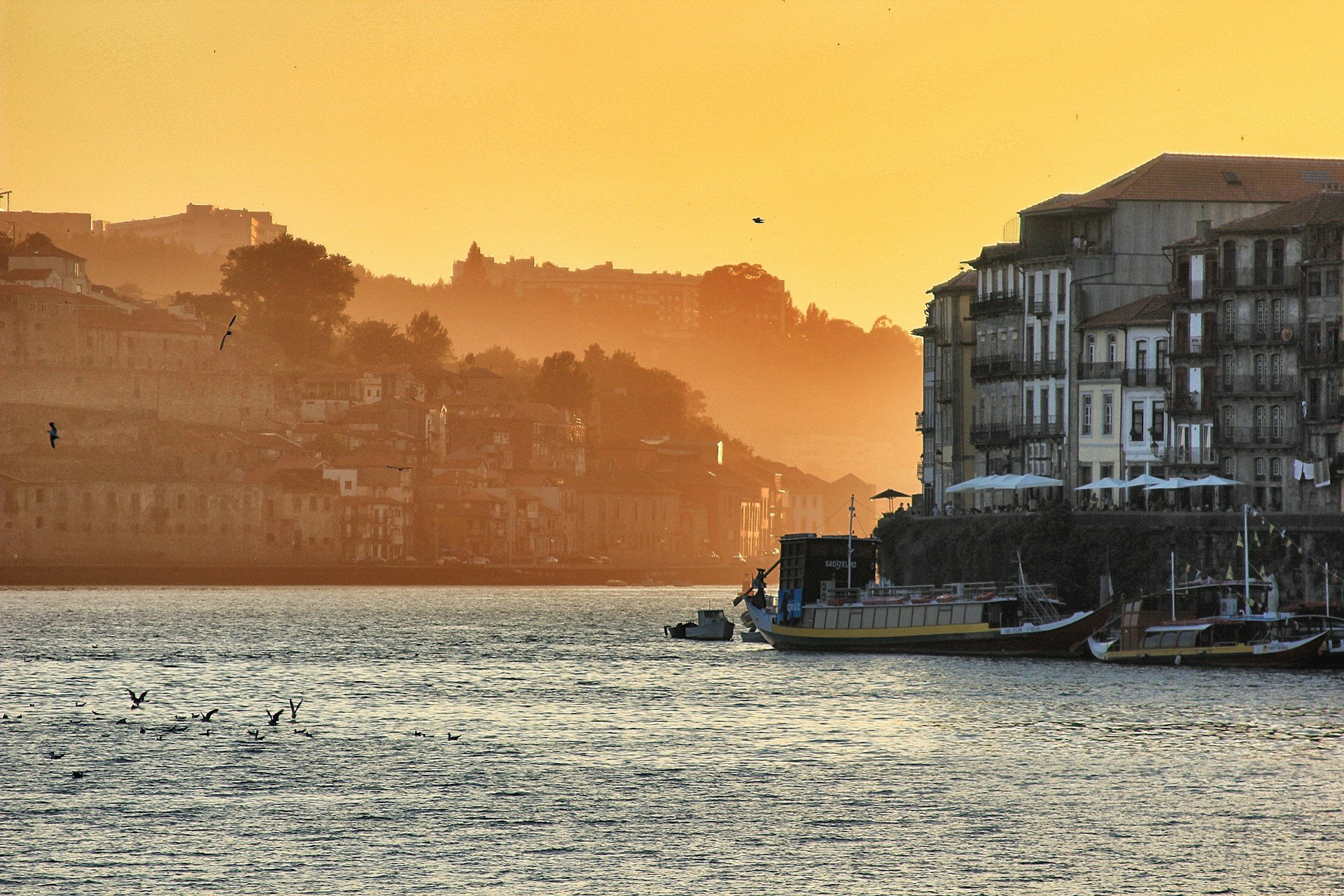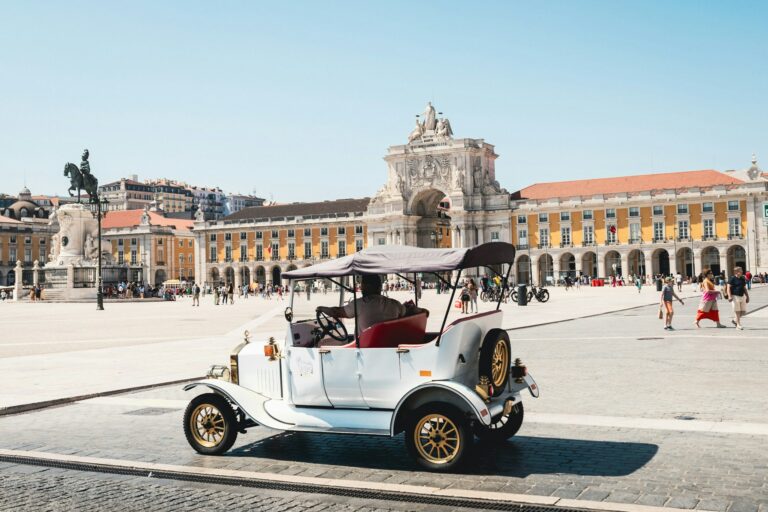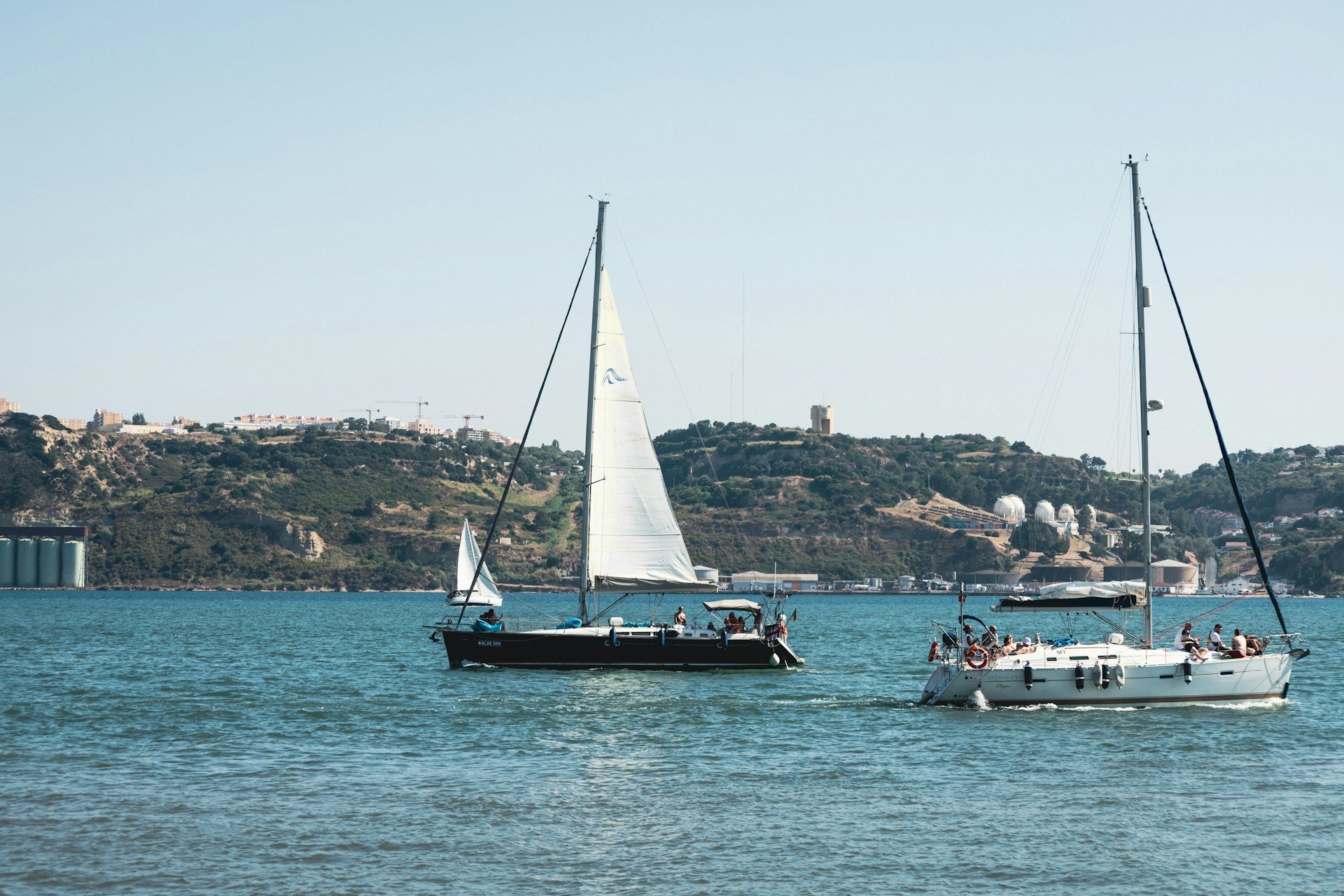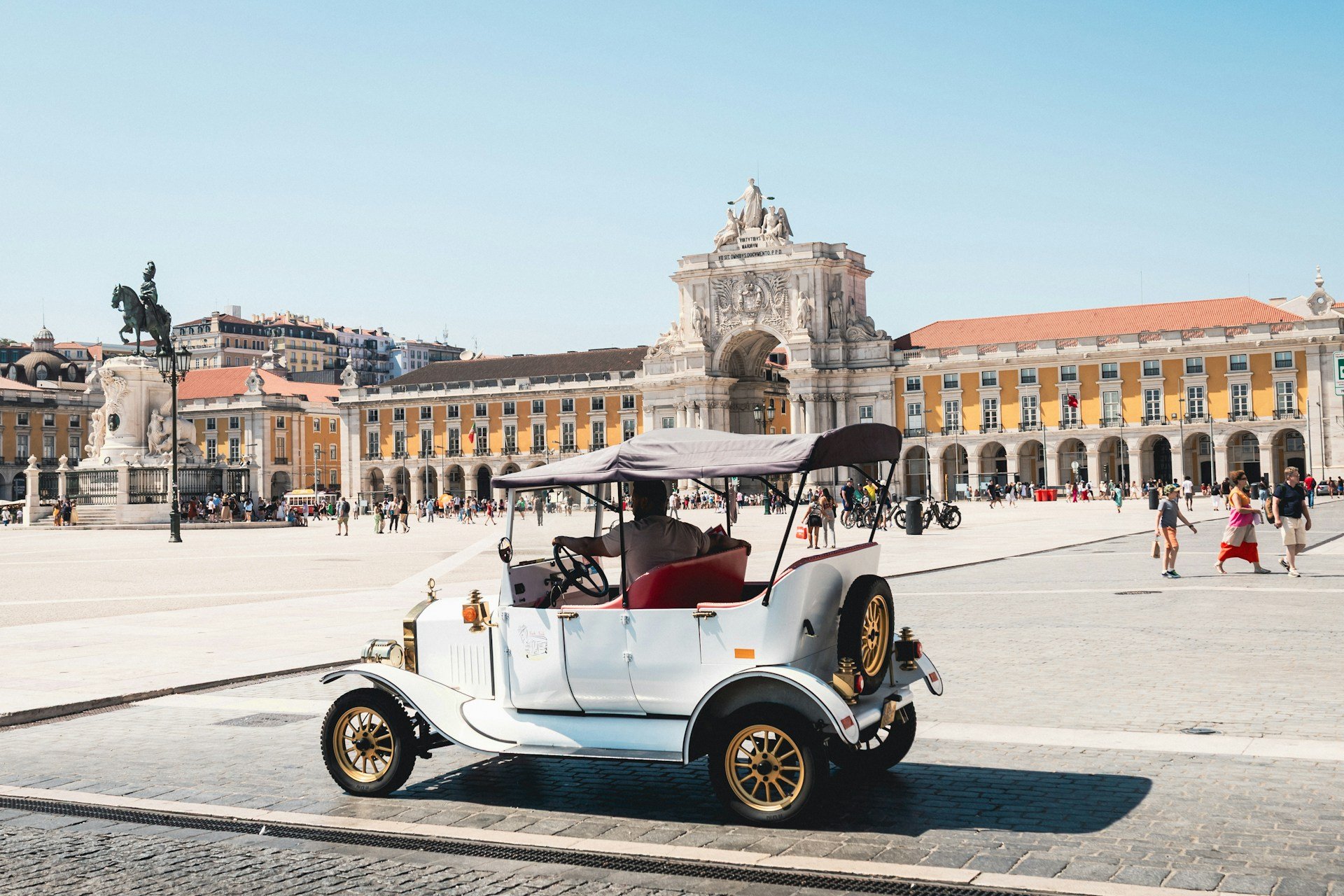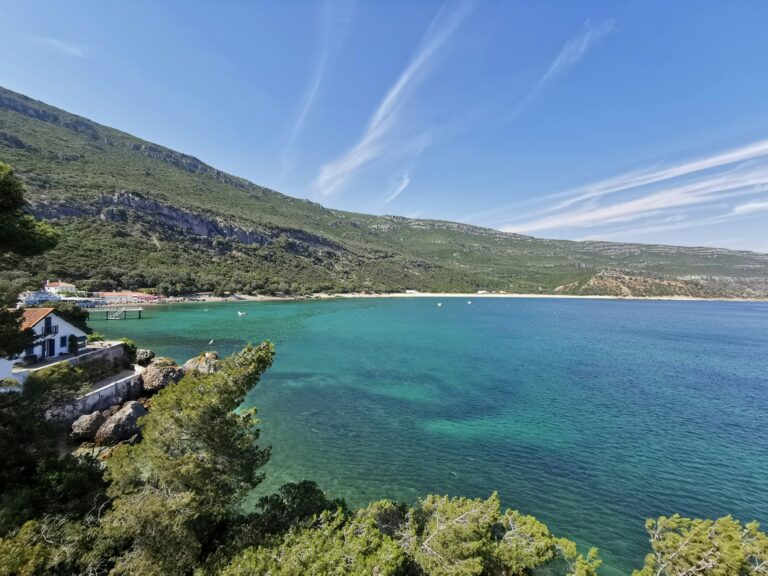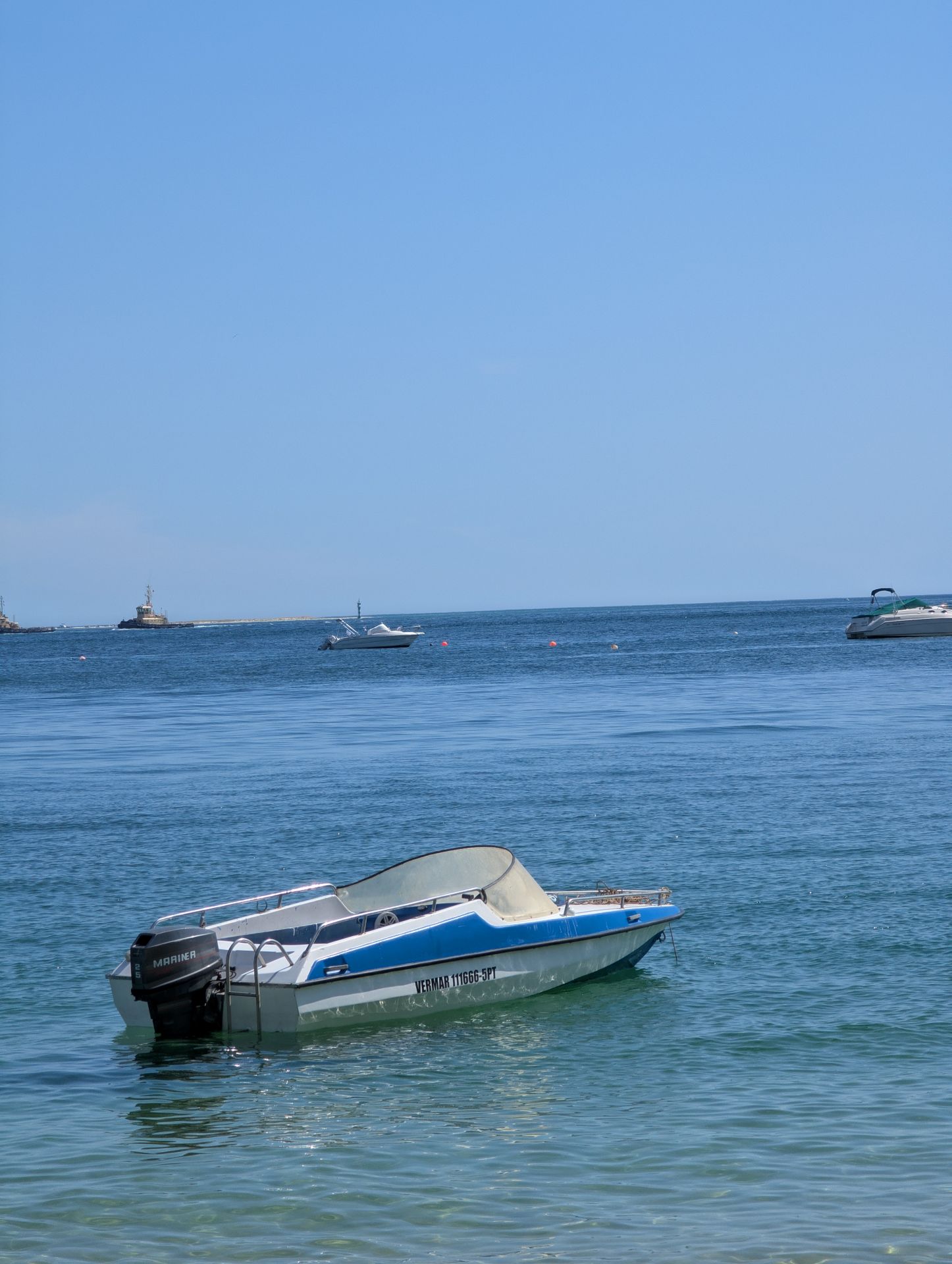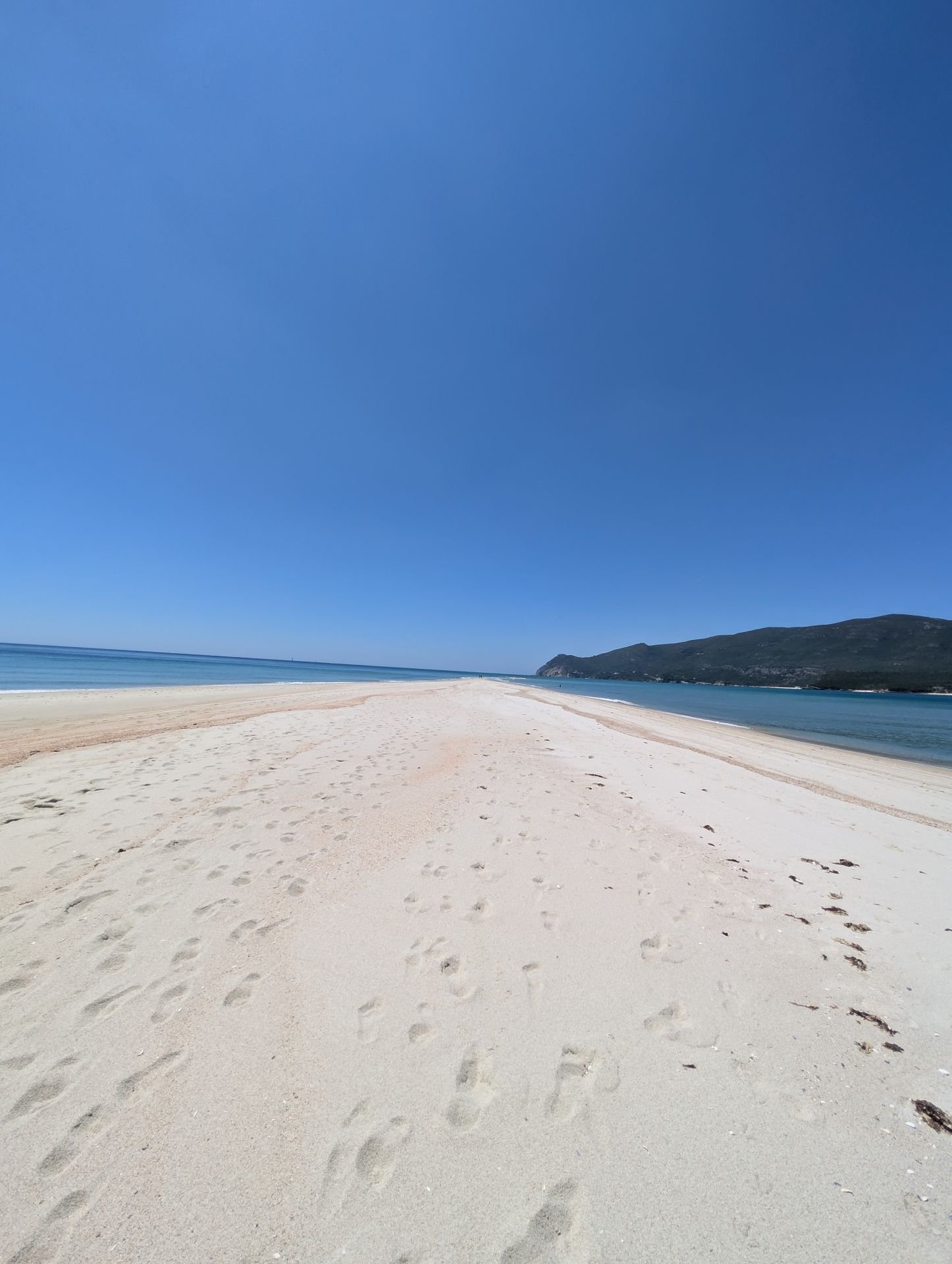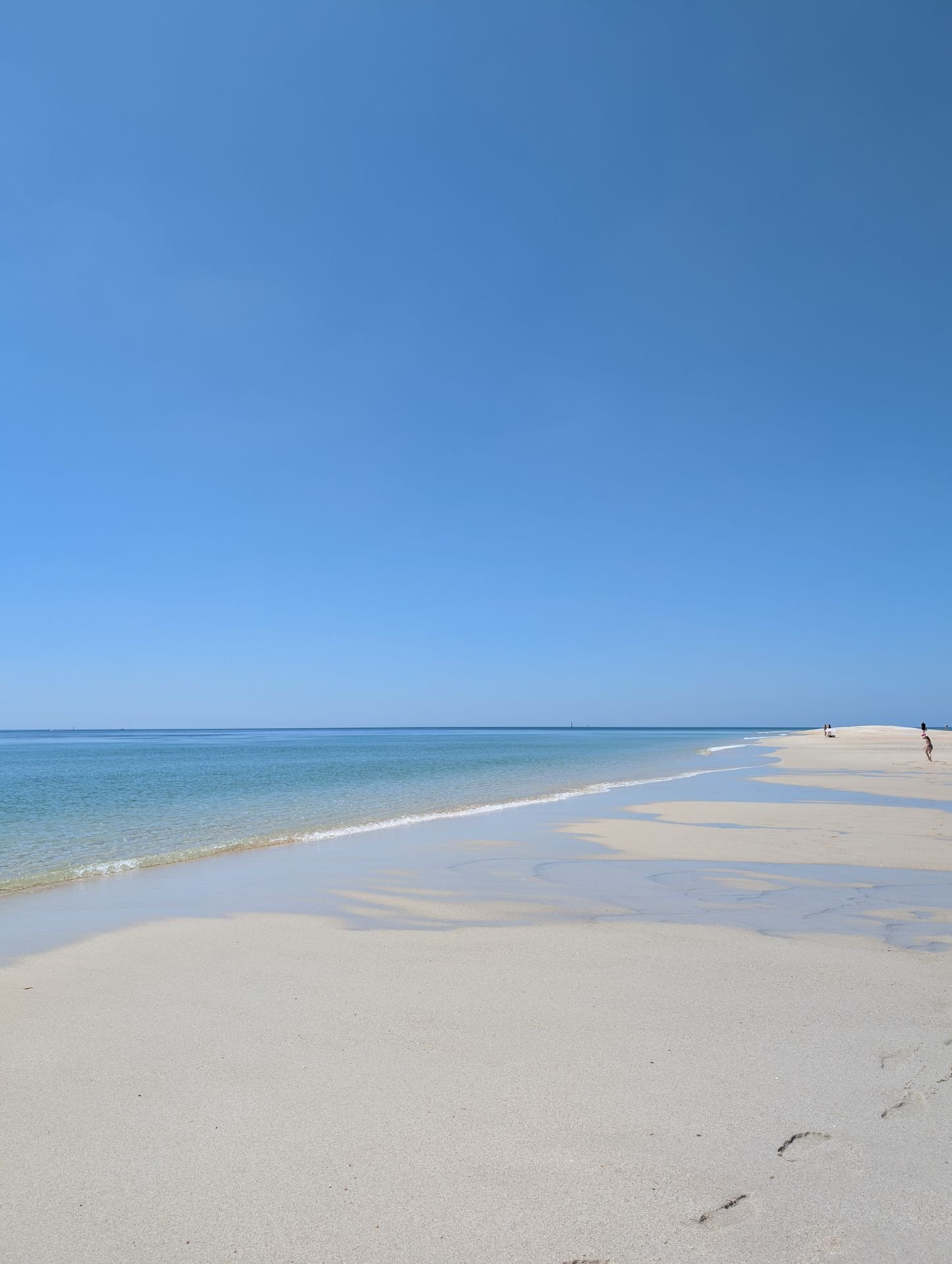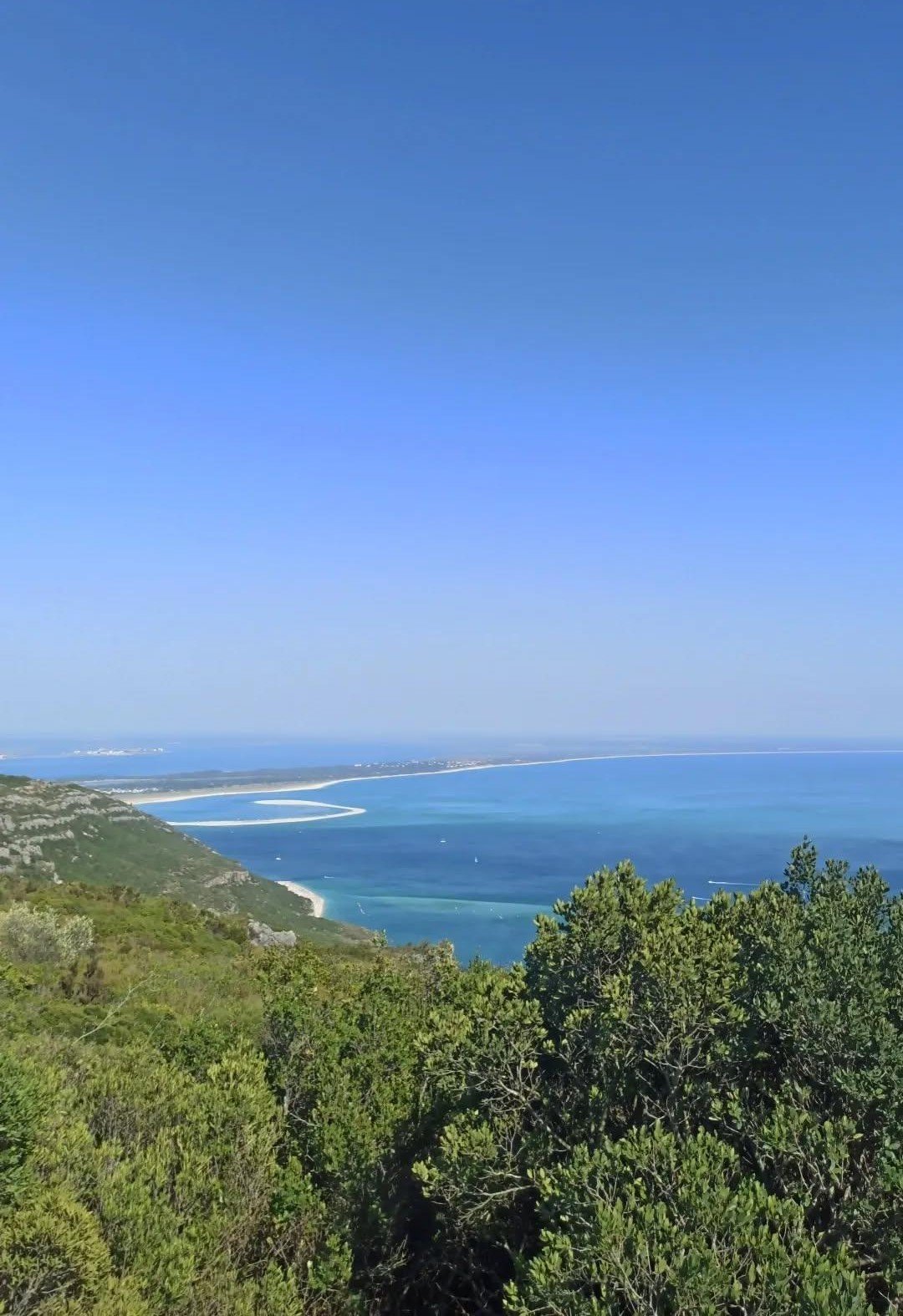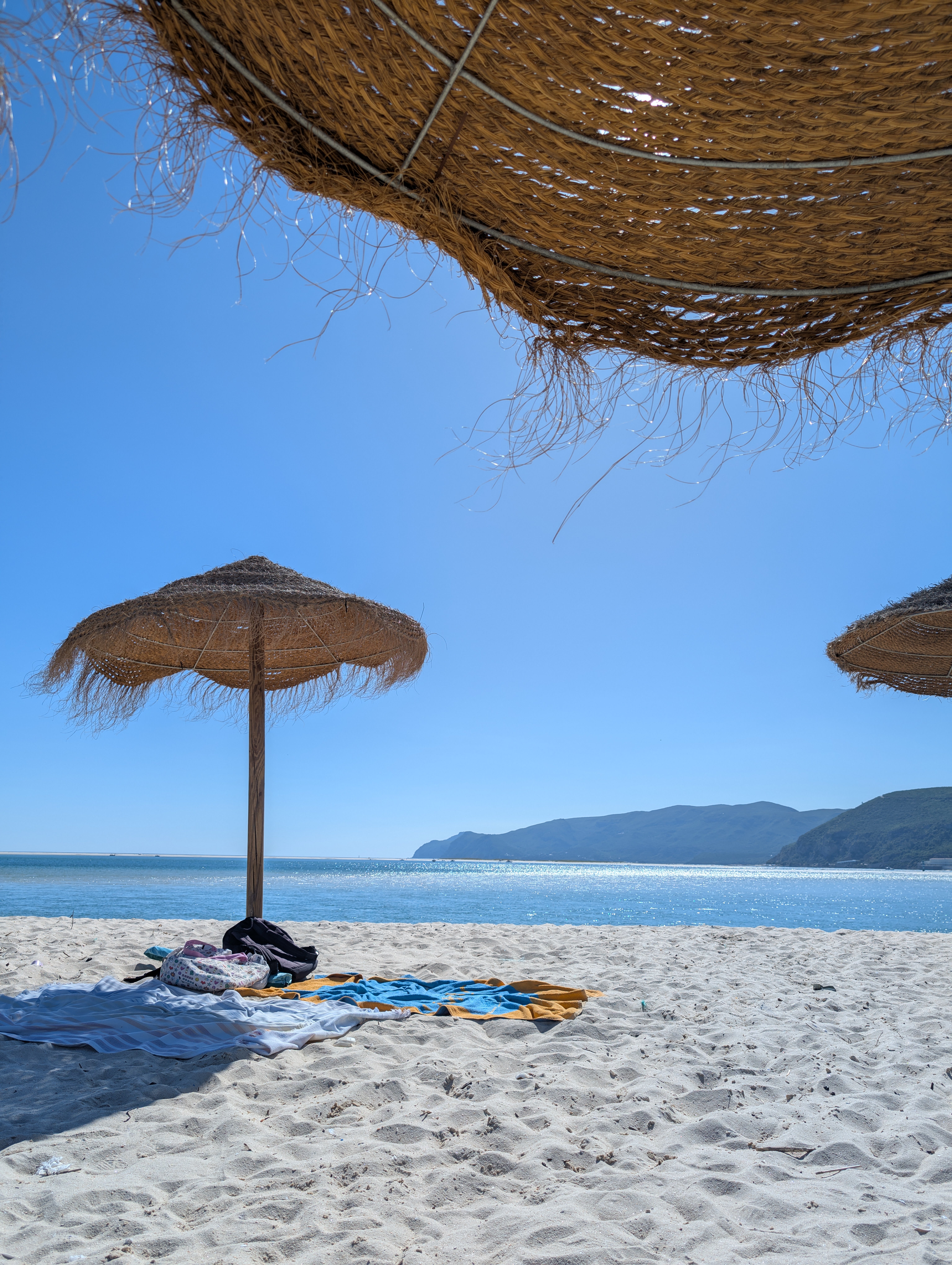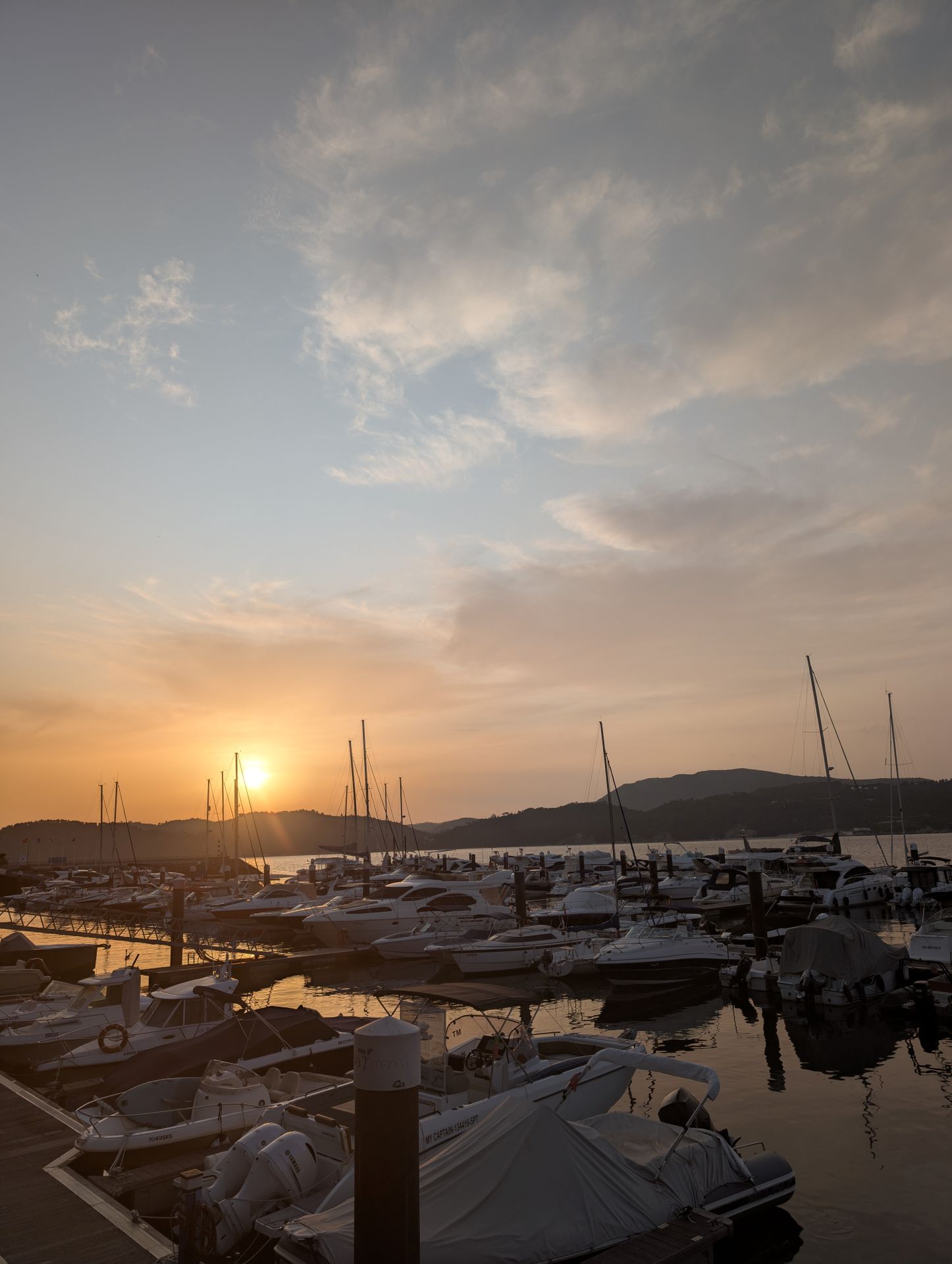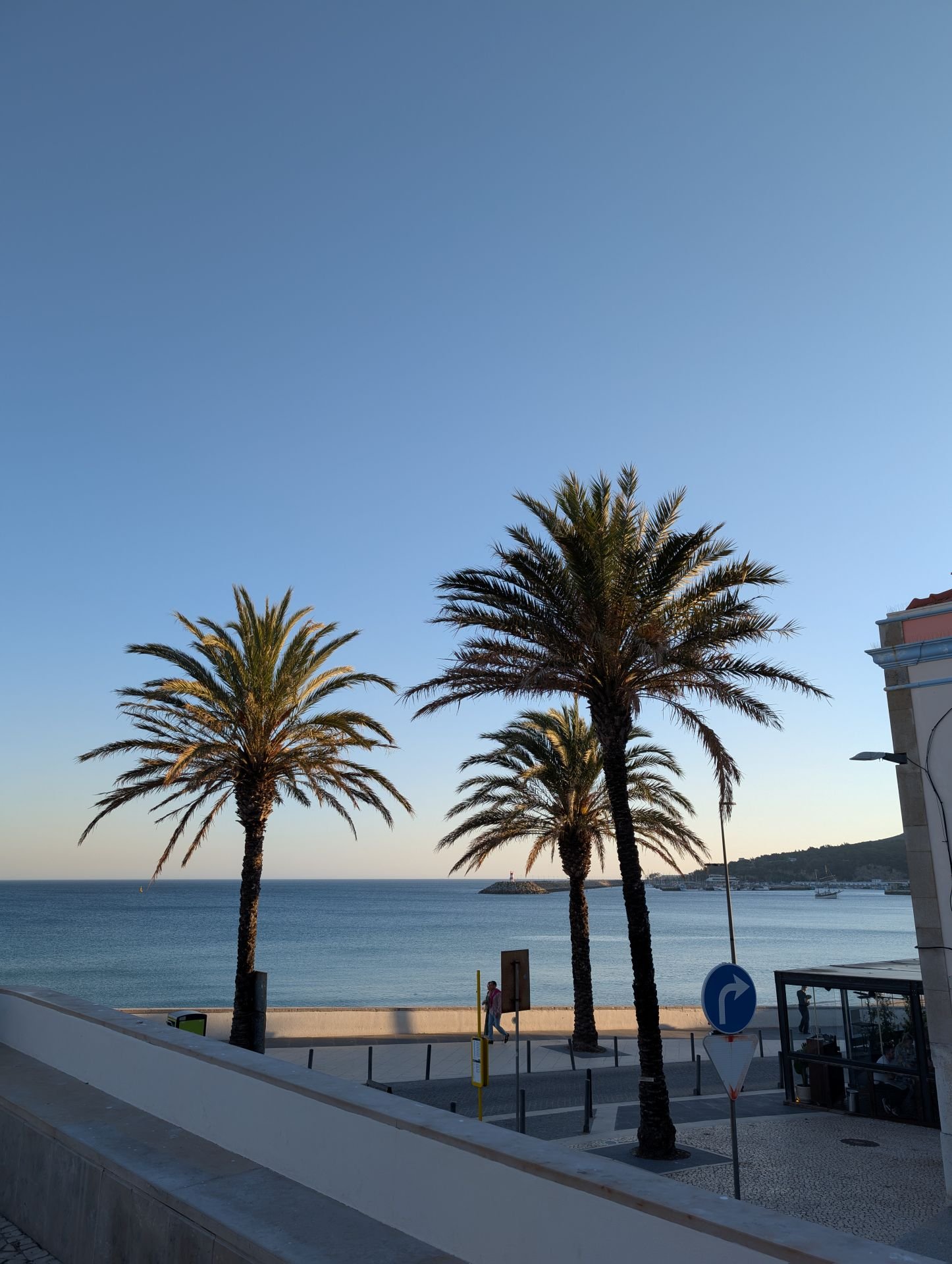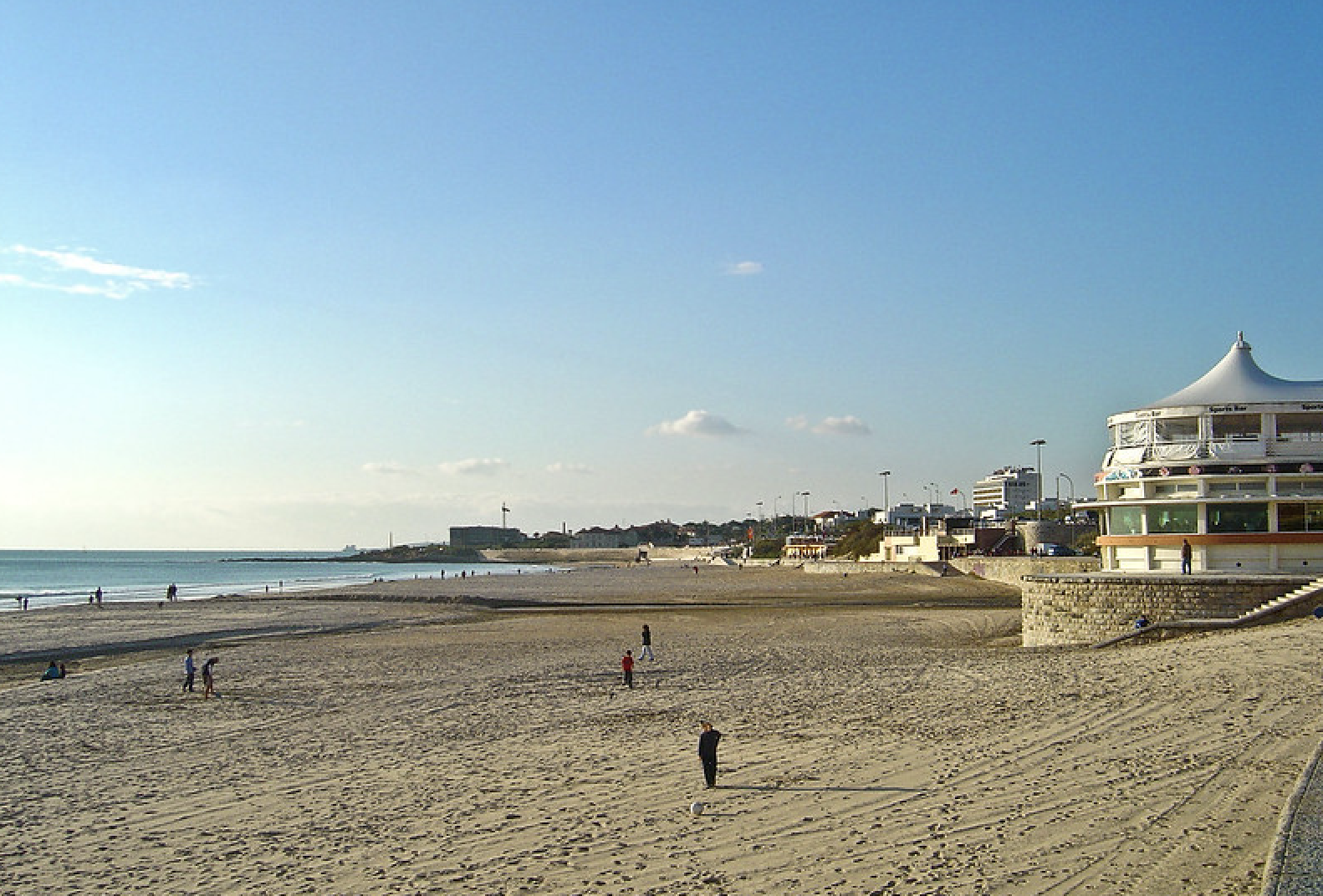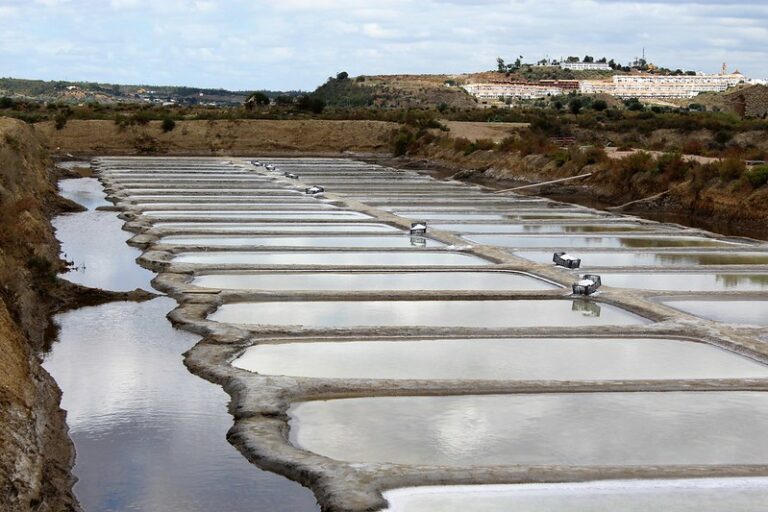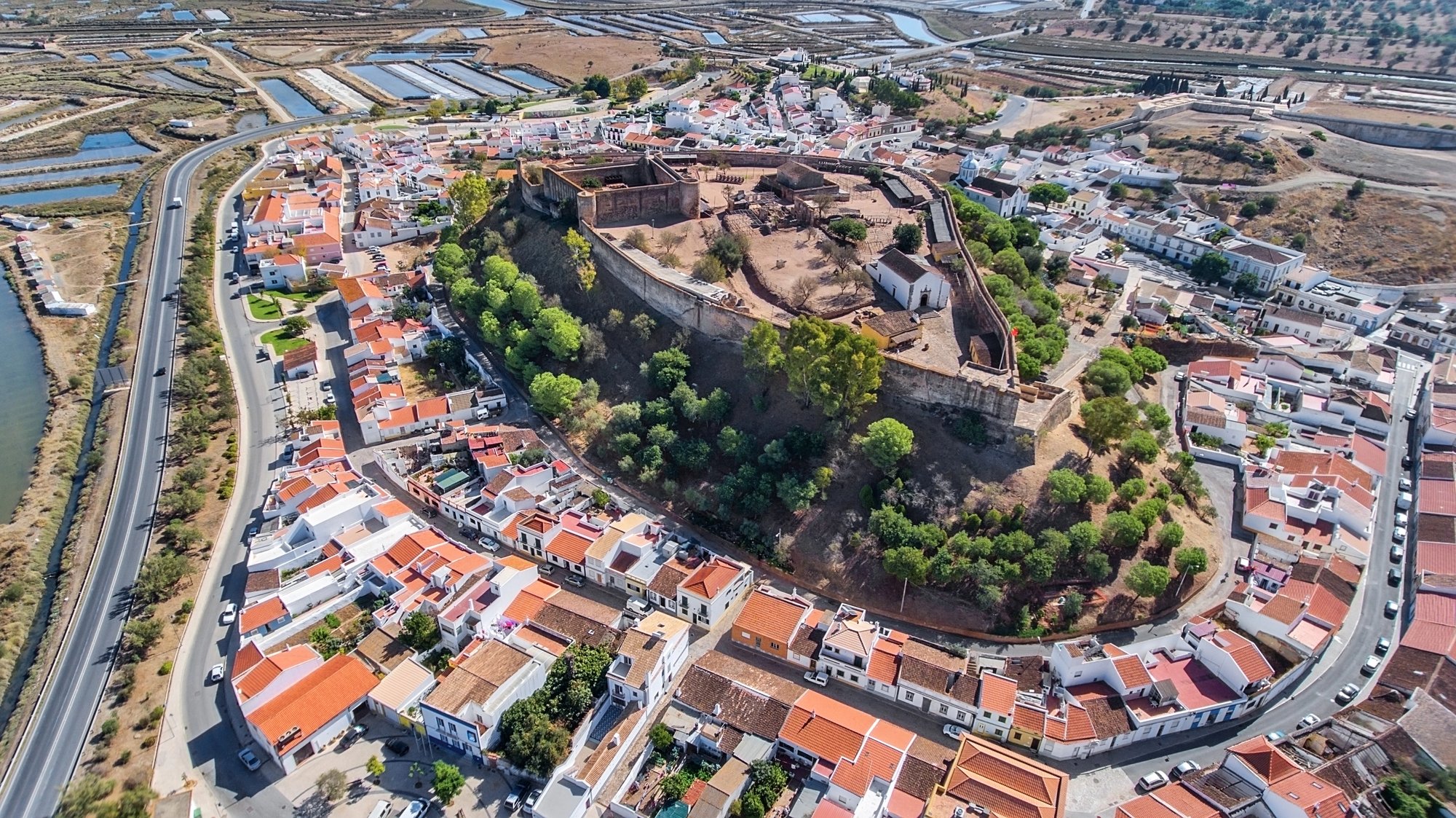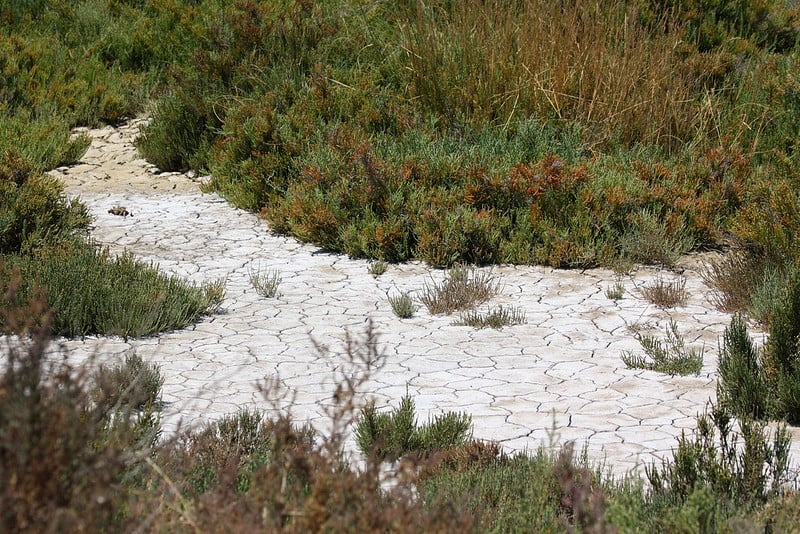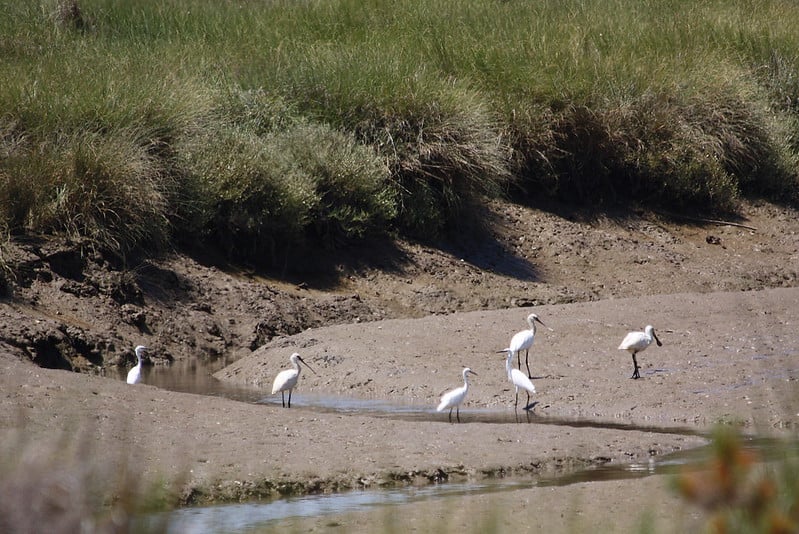In 2006 and 2007, Portuguese public broadcaster RTP ran a nationwide poll called Os Grandes Portugueses (The Greatest Portuguese). Inspired by the BBC’s 100 Greatest Britons, the series asked citizens to vote for the most important historical figures of their country. Hosted by journalist Maria Elisa, the program presented documentaries about the top candidates, while the public debated and voted by phone. On 25 March 2007, the final results were revealed and sparked a lot of admiration and controversy. António de Oliveira Salazar, the long-time authoritarian leader, won the contest, but the full list reflected a diverse range of monarchs, explorers, poets, saints, scientists, and artists who shaped Portugal’s past and identity.
Below, we explore the Top 10 Greatest Portuguese as voted on in the contest, followed by the next 15 names with shorter biographies. Together, these figures show how the Portuguese see their own history full of courage, culture, and complexity.
The Top 10 Greatest Portuguese
1. António de Oliveira Salazar (1889–1970)
Salazar served as Portugal’s Prime Minister from 1932 to 1968. He ruled under the authoritarian Estado Novo regime. A former economics professor at the University of Coimbra, he stabilized public finances during the Great Depression and established a corporatist state modeled on Catholic and conservative principles. His government emphasized neutrality during World War II and maintained delicate relationships with both Allied and Axis powers. Critics point to the censorship, secret police, and repression under his rule, while supporters highlight his financial discipline and long-lasting stability. His controversial victory in the RTP poll revealed deep divisions in how modern Portuguese view their past. Salazar received 41.0% of the Top 10 votes.

2. Álvaro Cunhal (1913–2005)
As the longtime leader of the Portuguese Communist Party, Álvaro Cunhal symbolized resistance against Salazar’s dictatorship. He was imprisoned for over a decade and made a dramatic escape from the high-security Peniche Fortress in 1960. Living in exile for many years, he became a cultural and political icon for leftist movements and returned to Portugal after the Carnation Revolution of 1974. Beyond politics, Cunhal was also an accomplished writer and translator and used literature as a tool for ideological expression. His second-place ranking in the poll highlighted Portugal’s polarized 20th-century history. Álvaro Cunhal received 19.1% of the Top 10 votes.

3. Aristides de Sousa Mendes (1885–1954)
A career diplomat, Sousa Mendes became famous for his heroic actions during World War II. As Portuguese Consul in Bordeaux in 1940, he defied Salazar’s orders and issued thousands of visas to Jews and other refugees fleeing Nazi persecution. His bravery saved an estimated 30,000 lives. For his defiance, he was dismissed from the foreign service and lived the rest of his life in poverty, but his legacy is now celebrated worldwide. He has been honored posthumously as “Righteous Among the Nations” by Israel’s Yad Vashem. Aristides de Sousa Mendes received 13.0% of the Top 10 votes.
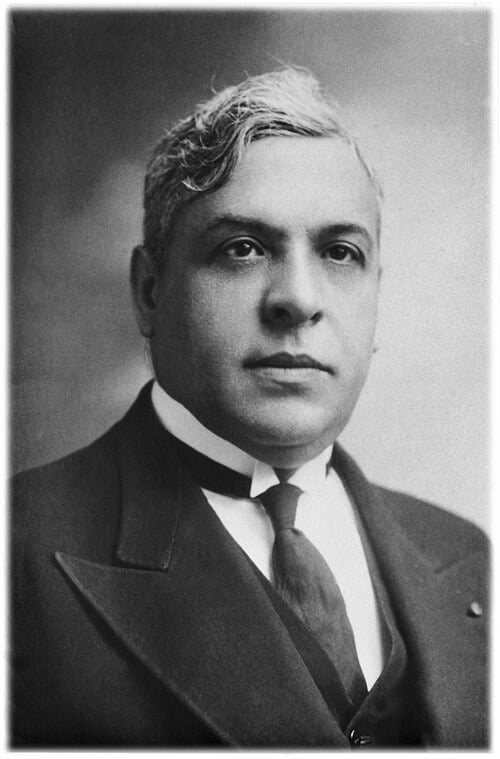
4. Afonso I (1109–1185)
Known as Afonso Henriques, he was the founder and first King of Portugal. After rebelling against his mother and her Castilian allies, he declared independence in 1139 and secured recognition from the Pope in 1179. His military campaigns against the Moors expanded Portugal’s territory and set the foundations for the modern nation-state. Revered as a warrior-king and national father figure, Afonso I represents the very birth of Portugal as an independent country. The founder and first King of Portugal received 12.4% of the Top 10 votes.
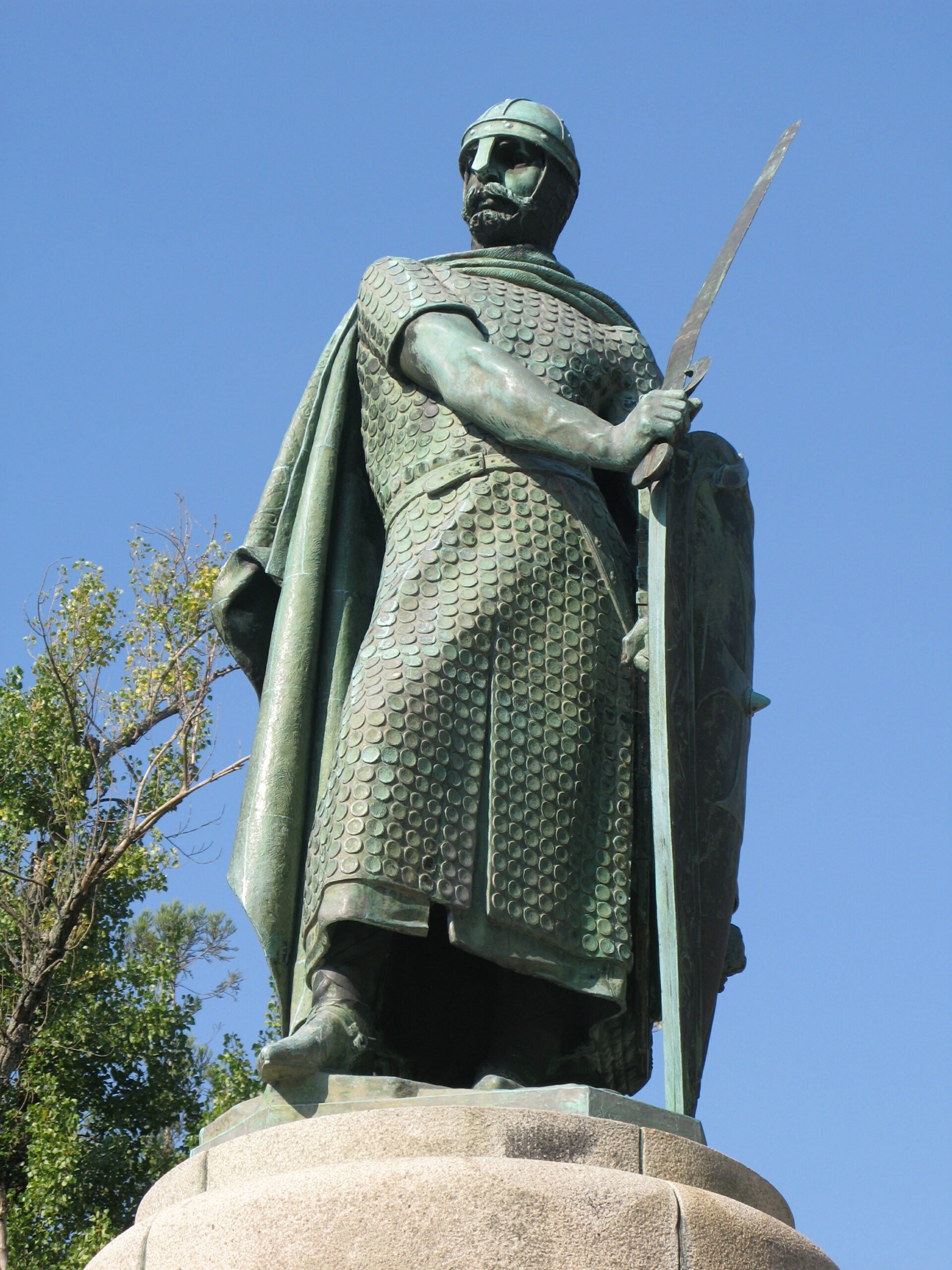
5. Luís de Camões (1524–1580)
Portugal’s greatest poet, Luís de Camões is best remembered for his epic masterpiece Os Lusíadas, which immortalized the voyages of Vasco da Gama and celebrated Portugal’s Age of Discoveries. Often compared to Homer, Virgil, and Shakespeare, Camões blended lyrical genius with patriotic fervor. His turbulent life included shipwrecks, travels in Asia, and brushes with poverty. Today, 10 June (the date of Camões’ death) is celebrated as Portugal’s National Day. Luís de Camões received 4.0% of the Top 10 votes.

6. John II of Portugal (1455–1495)
Nicknamed “O Príncipe Perfeito” (“The Perfect Prince”), John II centralized royal power, curbed aristocratic privilege, and restored order to the kingdom. He revived Portugal’s overseas explorations and strengthened maritime trade routes that would eventually lead to Vasco da Gama’s voyage to India. John II also consolidated diplomatic alliances in Europe and positioned Portugal as a rising power of the late 15th century. His reign marks a turning point in the Portuguese Renaissance. John II received 3.0% of the Top 10 votes.

7. Henry the Navigator (1394–1460)
Infante Dom Henrique, better known as Henry the Navigator, was instrumental in launching Portugal’s Age of Discoveries. Although he rarely sailed himself, he sponsored expeditions along Africa’s west coast and supported innovations in navigation and shipbuilding. The school at Sagres that he fostered became a hub of maritime knowledge and trained explorers who would eventually link Europe, Africa, and Asia. His vision paved the way for Portugal’s global empire. Henry the Navigator received 2.7% of the Top 10 votes.

8. Fernando Pessoa (1888–1935)
One of the greatest modernist poets of the 20th century, Fernando Pessoa remains an enigmatic literary figure. Writing under multiple “heteronyms” with distinct personalities and styles, he created an entire universe of voices in Portuguese literature. His Livro do Desassossego (Book of Disquiet) captures the existential anxieties of modern life. Although little-known in his lifetime, Pessoa’s reputation has grown enormously and made him a central figure of European modernism. Fernando Pessoa received 2.4% of the Top 10 votes.

9. Marquês de Pombal (1699–1782)
Sebastião José de Carvalho e Melo, better known as the Marquês de Pombal, was the powerful minister of King José I. After the catastrophic Lisbon earthquake of 1755, he led the reconstruction of the capital with innovative urban planning and modern architectural designs. A strong advocate of Enlightenment ideals, he curbed the power of the nobility and Jesuits while centralizing authority in the crown. Both admired for his reforms and criticized for his authoritarian methods, Pombal reshaped 18th-century Portugal. The Marquês de Pombal received 1.7% of the Top 10 votes.
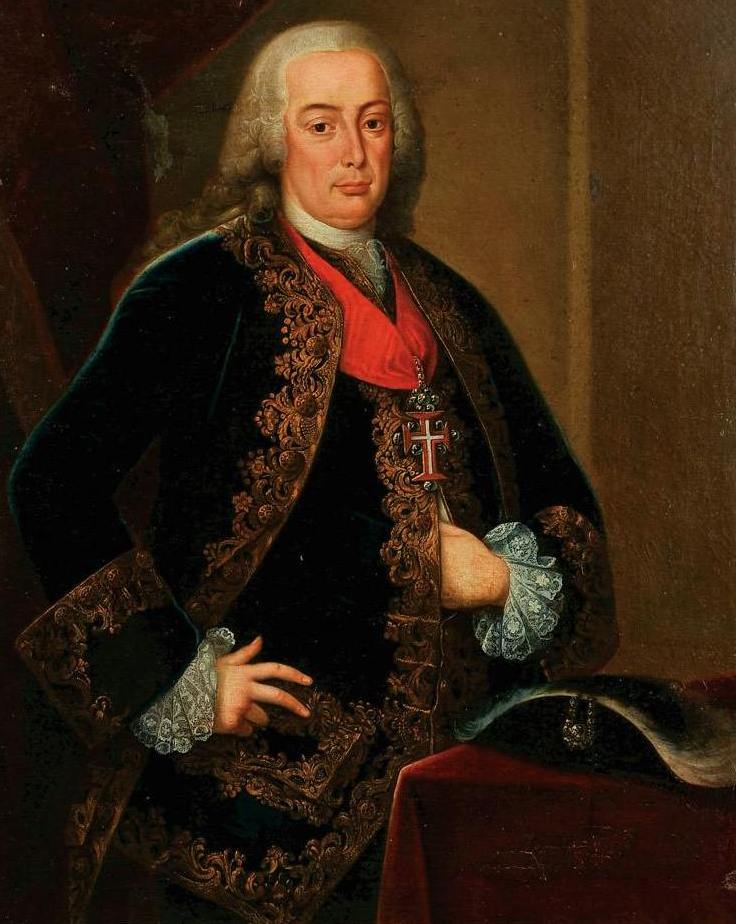
10. Vasco da Gama (1469–1524)
The most celebrated explorer of Portugal’s Age of Discoveries, Vasco da Gama was the first European to sail directly from Europe to India (1497–1499). His voyage opened the way for Portuguese dominance in Asian trade routes and transformed global commerce. Later serving as viceroy in India, he consolidated Portugal’s overseas empire. His journeys cemented Portugal’s role as a pioneer in world exploration. Vasco da Gama received 0.7% of the Top 10 votes.
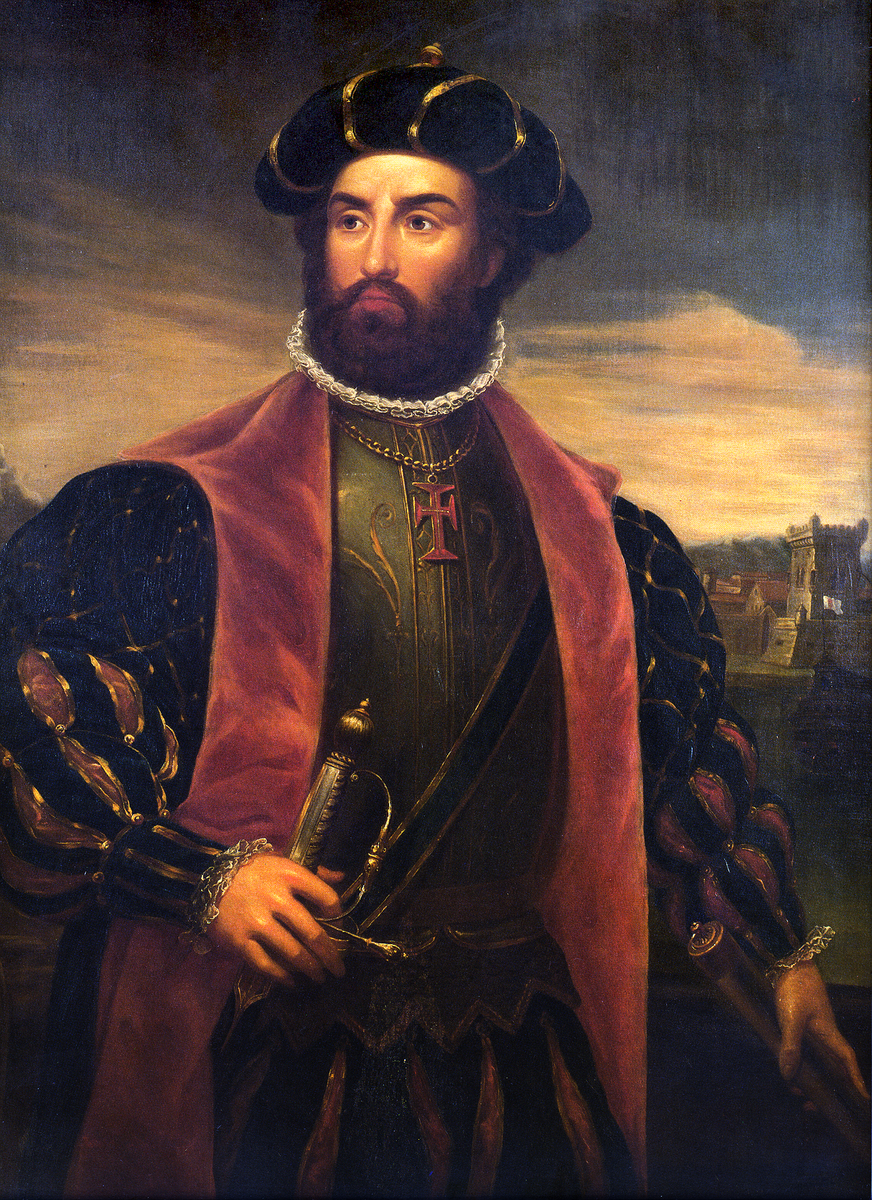
The Next 15 (11th to 25th)
11. Salgueiro Maia (1944–1992)
A young military officer, Maia played a decisive role in the Carnation Revolution of 1974, which peacefully ended Portugal’s dictatorship. Leading troops into Lisbon, he refused violence and helped secure the transition to democracy. His calm courage turned him into a symbol of Portugal’s peaceful struggle for freedom.
12. Mário Soares (1924–2017)
A central figure in modern Portuguese democracy, Soares co-founded the Socialist Party, opposed dictatorship, and became both Prime Minister and President. He guided Portugal into the European Union and oversaw crucial economic reforms. His long political career earned him the title “father of Portuguese democracy.”
13. Saint Anthony of Lisbon (1195–1231)
Though often called “of Padua” for his burial place in Italy, Saint Anthony was born in Lisbon and began his religious career in Portugal. Known for his eloquence, devotion, and miracles, he became one of the Catholic Church’s most beloved saints. He remains a patron of Lisbon, with June 13 celebrated as his feast day.
14. Amália Rodrigues (1920–1999)
The “Queen of Fado,” Amália Rodrigues brought Portugal’s mournful national music to the world stage with her dramatic voice and emotional interpretations. She helped transform fado from a local Lisbon tradition into a global art form. Her legacy continues to inspire new generations of Portuguese singers.
15. Eusébio (1942–2014)
Nicknamed “O Pantera Negra” (The Black Panther), Eusébio was one of the greatest footballers of all time. Playing for Benfica, he scored more than 700 goals and became a legend in Portugal and abroad. He also led the national team to third place in the 1966 World Cup, thus cementing his heroic status.
16. Francisco Sá Carneiro (1934–1980)
Founder of the Social Democratic Party, Sá Carneiro was a charismatic reformer who rose to become Prime Minister in 1980. His life was tragically cut short in a plane crash the same year, shocking the nation. Even today, he is remembered as a symbol of hope and democratic renewal.
17. Jorge Nuno Pinto da Costa (b. 1937)
President of Futebol Clube do Porto since 1982, Pinto da Costa transformed the club into one of Europe’s most successful football institutions. Under his leadership, Porto won multiple European and international titles. His influence has made him both admired and controversial in Portuguese sports.
18. Nuno Álvares Pereira (1360–1431)
A brilliant general and strategist, Pereira secured Portugal’s independence in the 1385 Battle of Aljubarrota, defeating Castilian forces against great odds. Later, he renounced wealth and power to live a religious life as a Carmelite. Canonized in 2009, he is revered as both a saint and a national hero.
19. João Ferreira Annes de Almeida (1628–1691)
A Protestant missionary, Almeida dedicated his life to spreading the Christian faith in Asia. His crowning achievement was the first complete translation of the Bible into Portuguese, a version still in use today. His work made scripture accessible to Portuguese speakers across the globe.
20. José Mourinho (b. 1963)
One of the most famous football managers in the world, Mourinho has coached elite clubs including Porto, Chelsea, Inter Milan, and Real Madrid. Known for his tactical brilliance and fiery personality, he has won Champions League titles and dozens of trophies. He remains a global ambassador for Portuguese football excellence.
21. Agostinho da Silva (1906–1994)
Philosopher, essayist, and cultural thinker, Agostinho da Silva inspired generations with his reflections on freedom, creativity, and human potential. He lived much of his life in exile in Brazil, where his teaching shaped intellectual circles. Upon returning to Portugal after the Revolution, he became a revered public figure.
22. Eça de Queiroz (1845–1900)
Portugal’s greatest 19th-century novelist, Eça de Queiroz wrote works that critiqued society with biting wit and realism. Novels like Os Maias and O Crime do Padre Amaro addressed hypocrisy, politics, and morality. His legacy endures as one of Europe’s finest realist writers, often compared with Balzac or Dickens.
23. Egas Moniz (1874–1955)
A pioneering neurologist, Moniz won the Nobel Prize in 1949 for developing cerebral angiography, a technique to visualize brain blood vessels. He also created the controversial prefrontal lobotomy, once hailed as a breakthrough treatment for mental illness. Though debated today, his work placed Portugal at the forefront of medical research.
24. King Denis of Portugal (1261–1325)
Nicknamed “O Rei Lavrador” (The Farmer King), King Denis encouraged agricultural reform and supported farmers with new policies. He founded Portugal’s first university, in Coimbra, and promoted the Portuguese language over Latin in official use. His reign is remembered for peace, stability, and cultural flowering.
25. Fernando Nobre (b. 1951)
Founder of the humanitarian organization AMI (Assistência Médica Internacional), Fernando Nobre has spent decades delivering aid in crisis zones worldwide. A physician by training, he combined medicine with activism to support vulnerable populations. His work earned him recognition as one of Portugal’s most committed humanitarians.
Final Thoughts
The results of Os Grandes Portugueses reflect a nation proud of its poets, explorers, saints, and football stars, but also divided over its political past. The list is both a celebration and a provocation.
But history does not stand still. Do you agree with the Portuguese choices from 2007? If the poll were repeated today, would Cristiano Ronaldo, José Saramago, or contemporary leaders rank high on the list? Would younger generations vote differently and choose cultural figures, athletes, or even entrepreneurs?
Portugal’s greatest figures remind us that identity is shaped by both memory and debate. So, who would you choose as the greatest Portuguese of all time?

